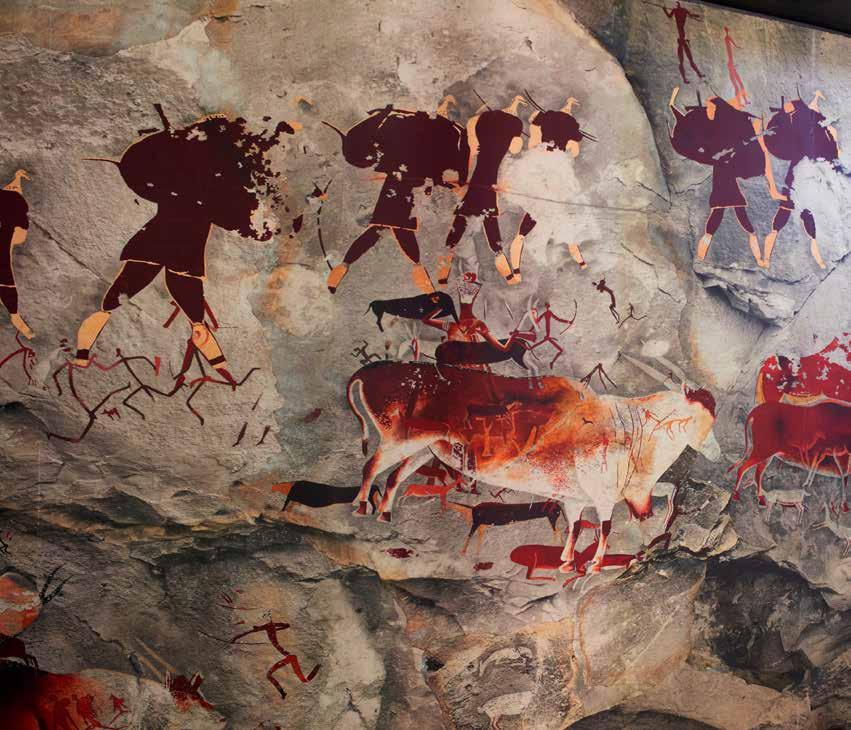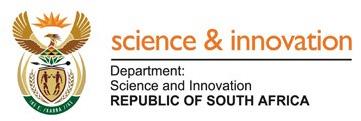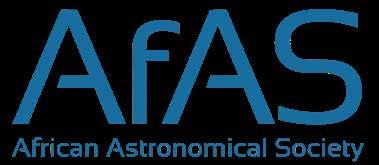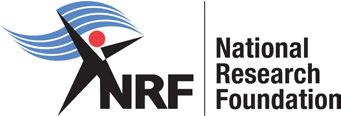




The South African Astronomical Observatory (SAAO) is open again for tours in both Cape Town and Sutherland.
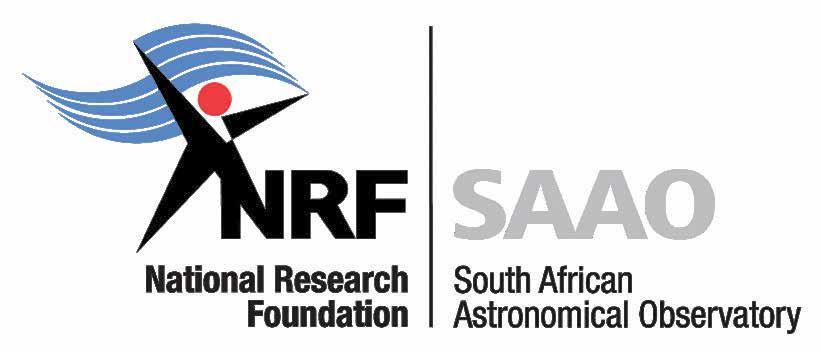

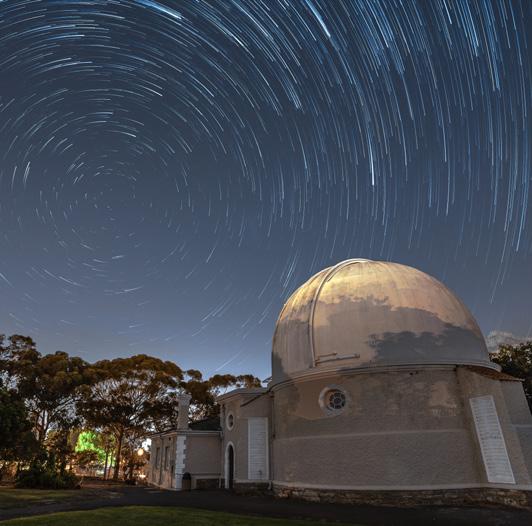
Cape Town
Open Nights:
When: 20:00 on the 2nd & 4th Saturday of every month
Where: SAAO HQ, Observatory, Cape Town Cost: Free
Tours include a talk relating to astronomy/ physics, and a visit to the historic McClean telescope, the observatory museum and the library. On clear nights, you’ll also have the opportunity to observe through telescopes set up for the evening.
Sutherland Tours:
When: Daily, except Sundays & public holidays
Where: SAAO site, just outside Sutherland Cost: R120 (adults)
Visit the SAAO’s facilities in the Karoo! We offer both day and night tours. The site hosts our major telescopes, including SALT, the largest single optical telescope in the southern hemisphere. School tours are also available.
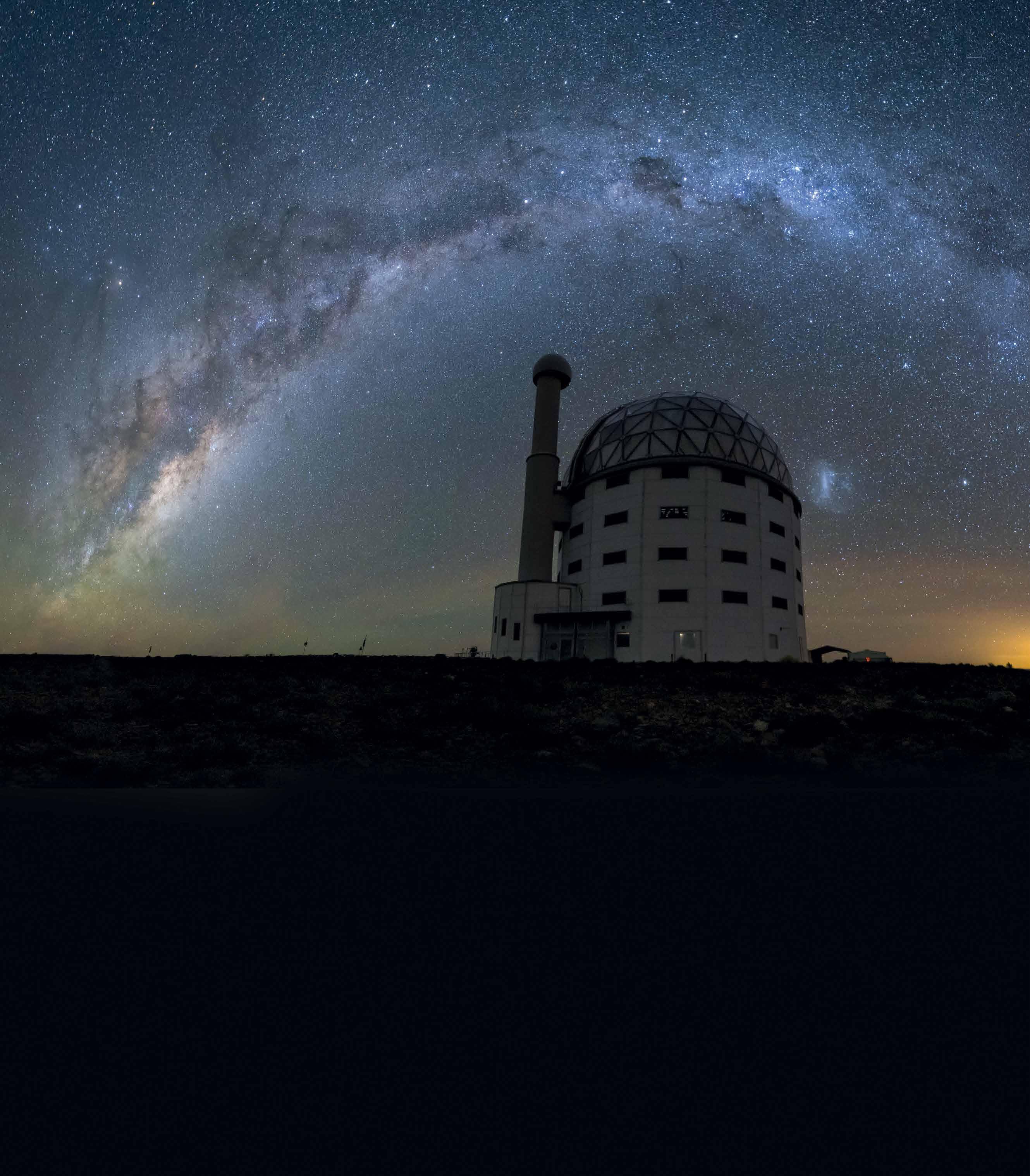
To book, please visit:
https://www.saao.ac.za/visitus/ Facebook: @SAAOnews
Twitter: @SAAO Instagram: @saao_astro
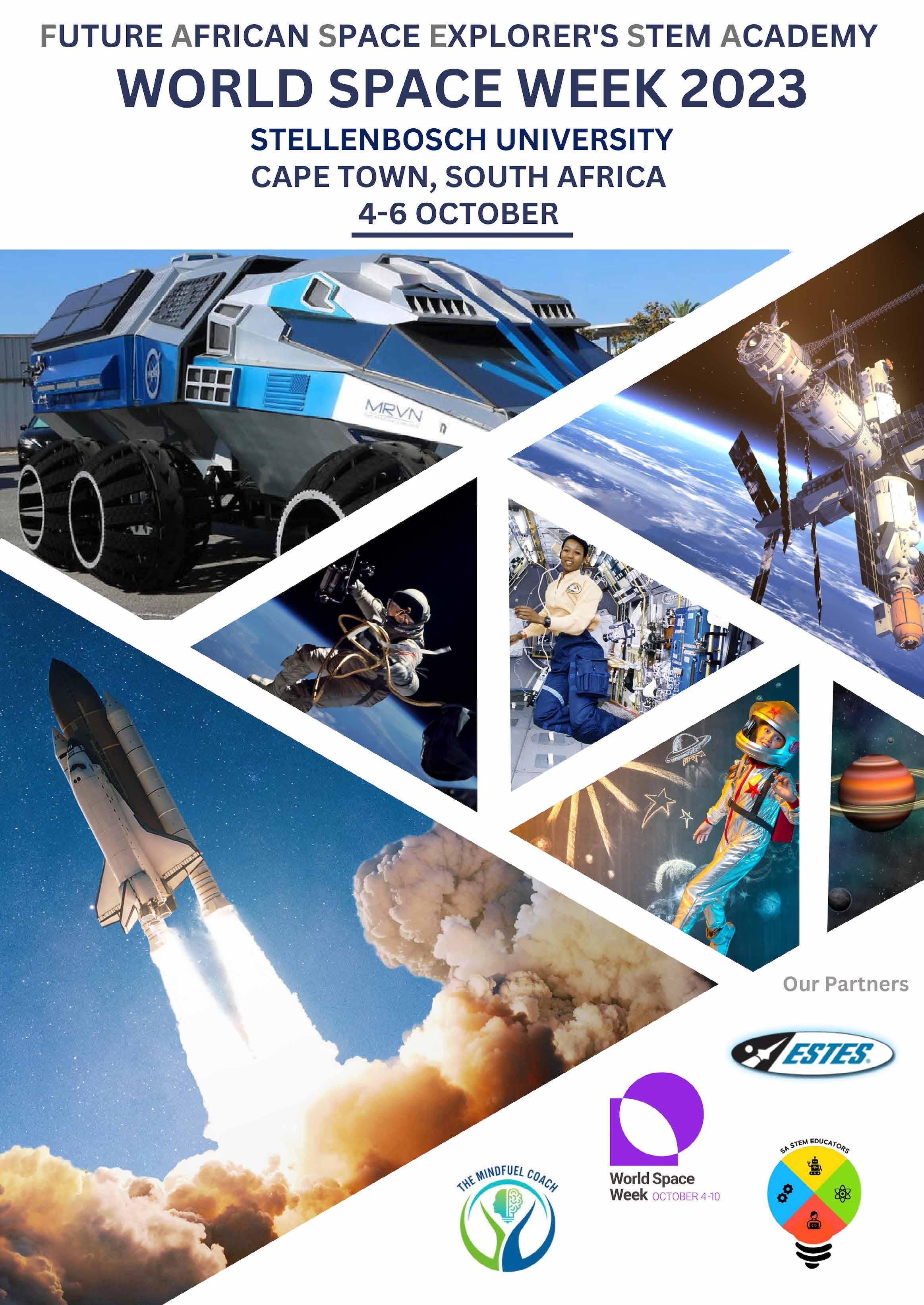
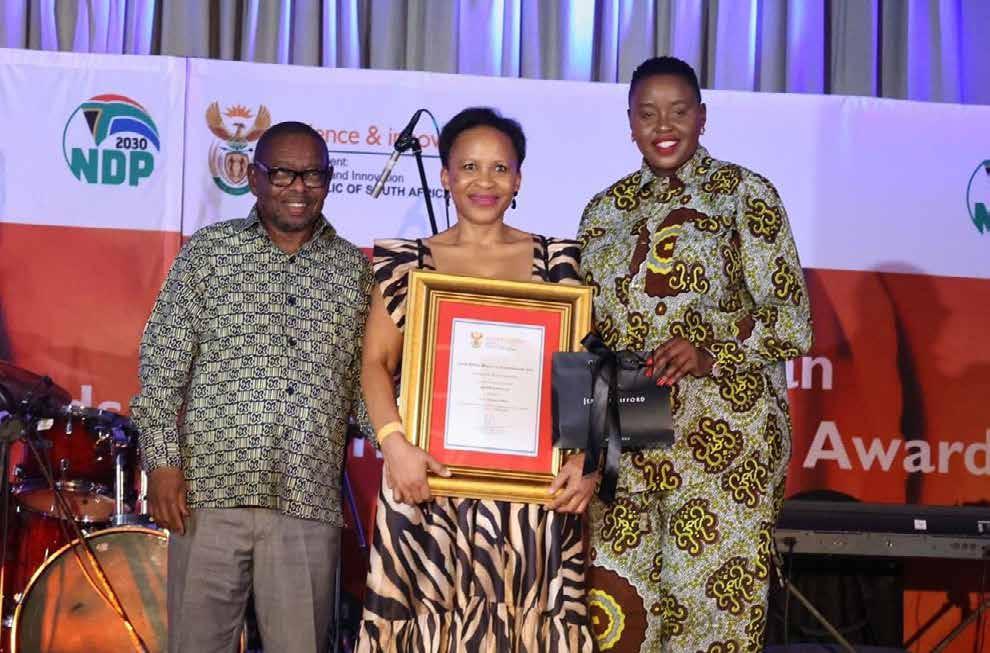

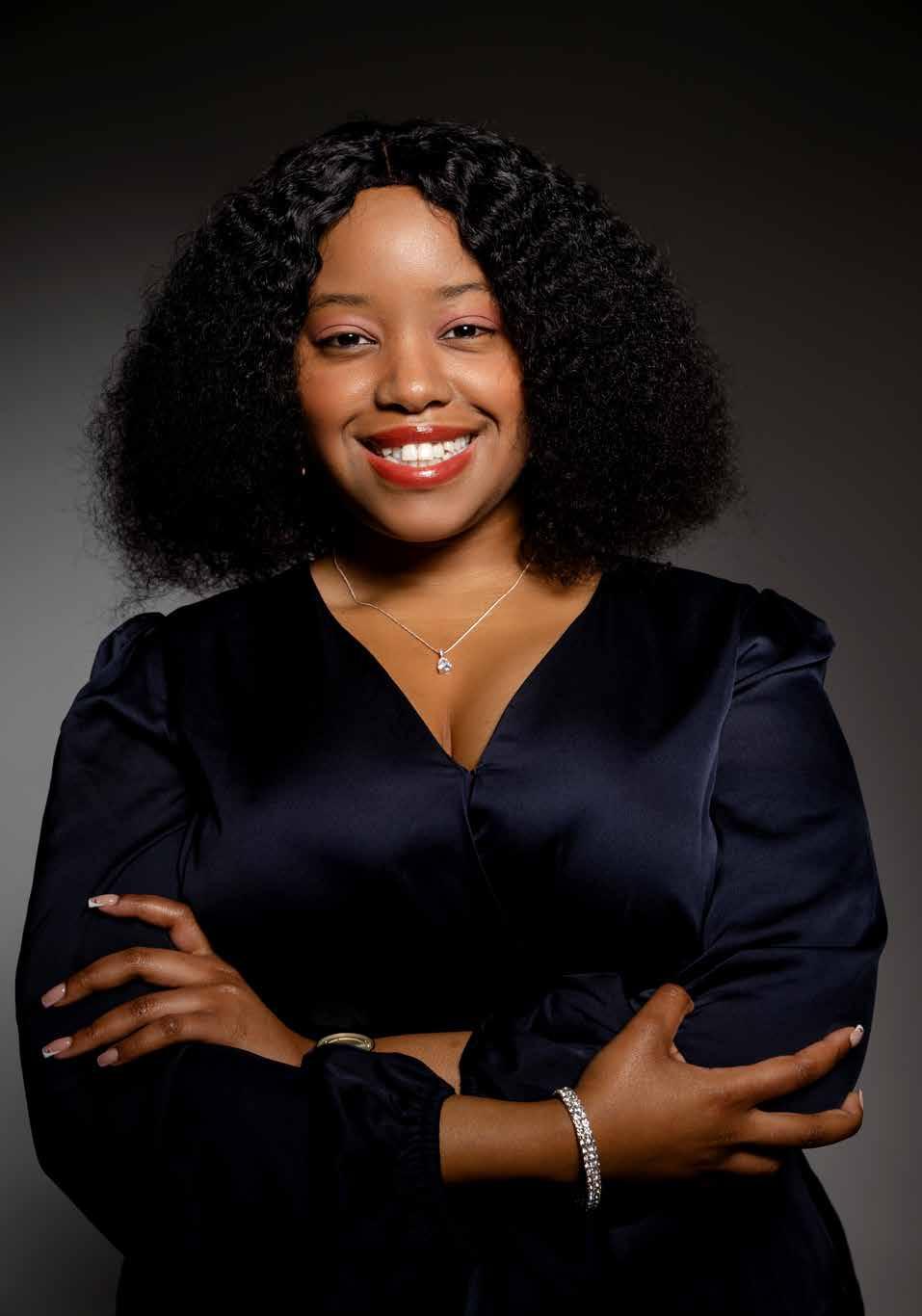
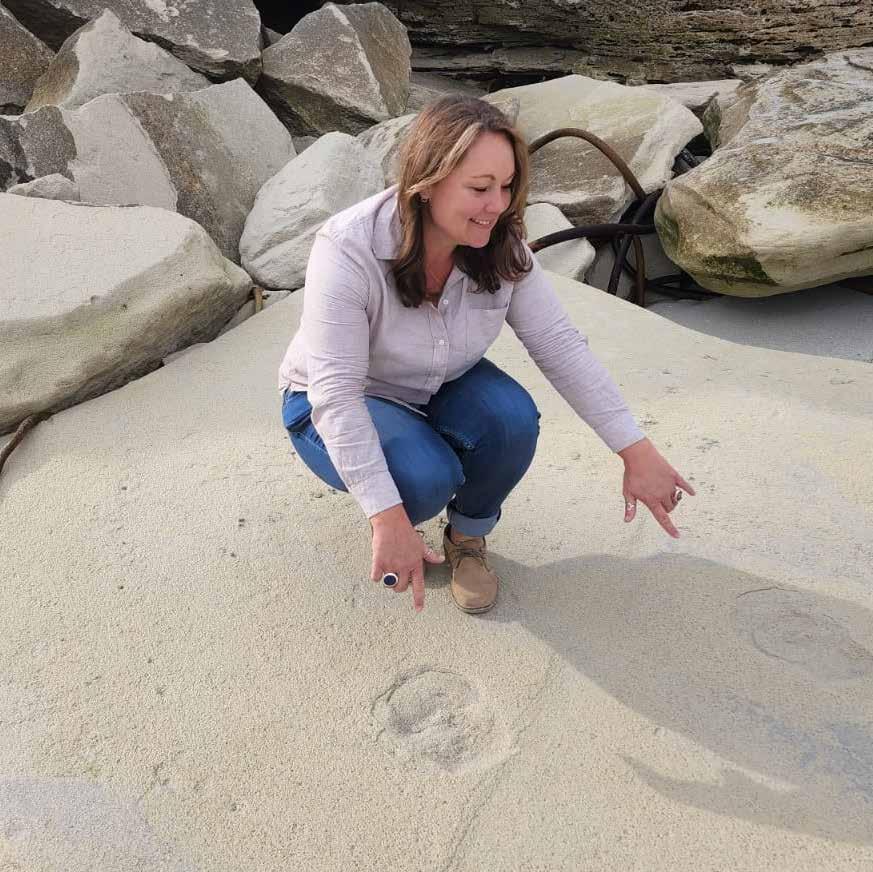

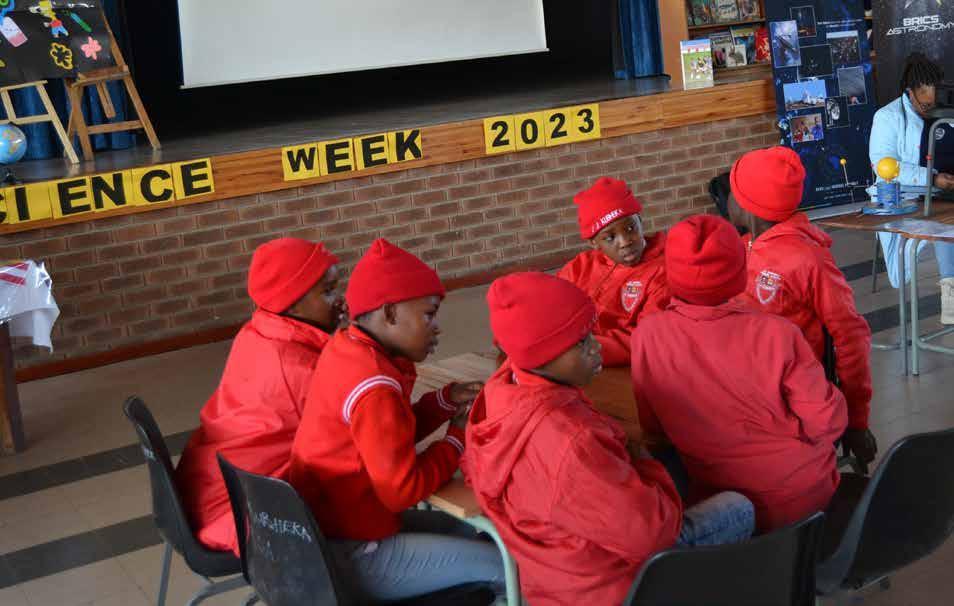

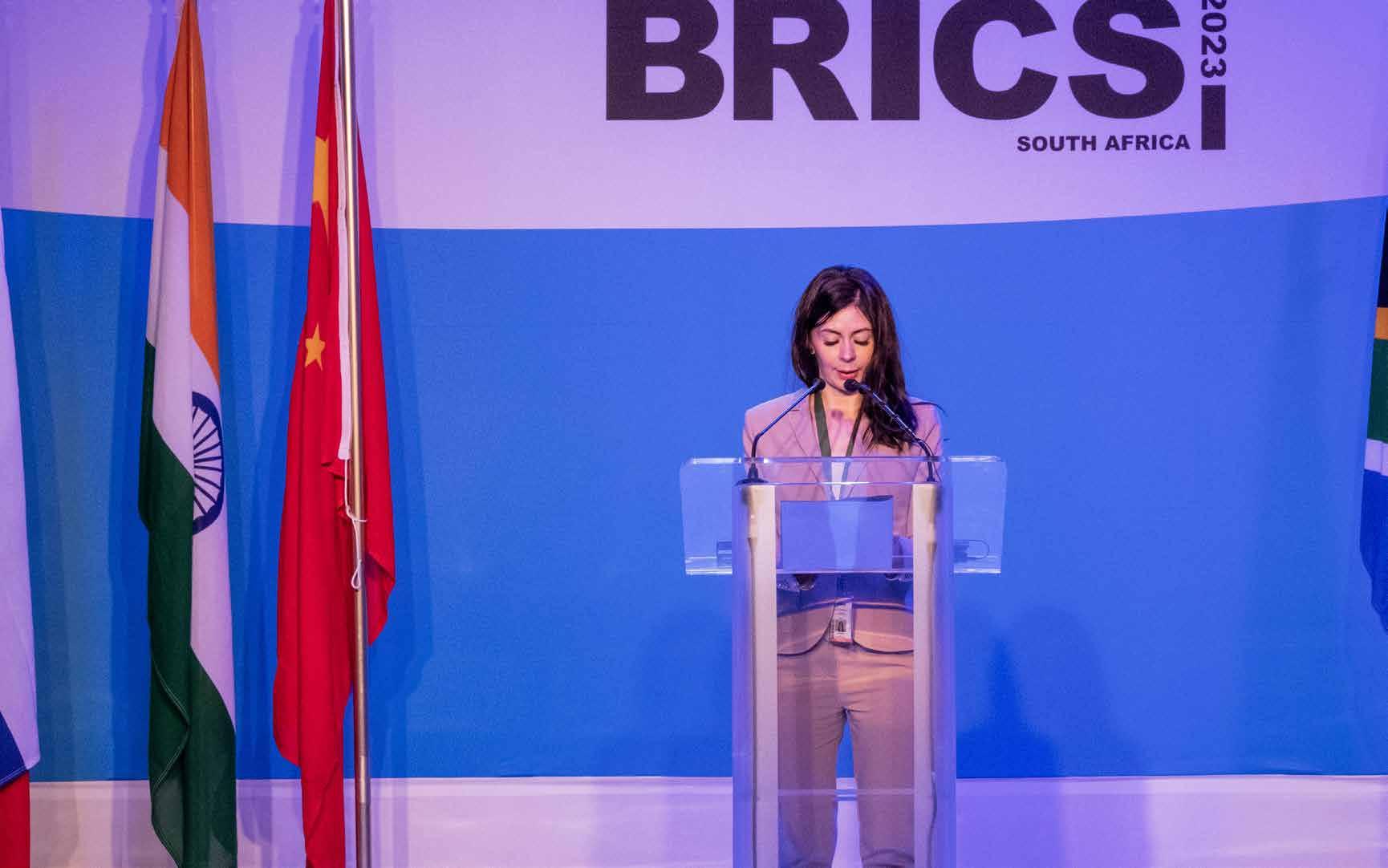
No one would dispute that STEM has historically been maledominated, but it's undeniable that the number of women working, studying and researching in these fields has increased over the years, and that their contributions have played a massive role in pushing science forward. Interestingly, a study in 2018 showed that, when asked to draw a scientist, schoolage kids in the United States were increasingly sketching women!

I recently came across a quote in a 2020 article from Scientific American titled "The Good News about Women and STEM" that I wanted to share with you. It said: "Each day we are reminded that the world is facing increasingly complex problems that require scientific solutions, from climate change to global pandemics. If we are to meet these challenges, our companies, laboratories and universities need the smartest minds at the table. We can’t afford to overlook large parts of the talent pool." These words capture the essence of the situation perfectly, don't you think?
This issue of Science Stars brings you the stories of many women who broke all barriers of tradition and social norms. They've proven that nothing can keep a woman from achieving her destiny. Read about 25-year-old Dr Nomhle Ngwenya (page 16), who recently became the youngest PhD graduate in Wits University's science faculty. On pages 13 and 14, we cover four remarkable women who received the National Science and Technology Forum (NSTF) Awards this year. Their work serves as living proof that women belong in STEM.
Our cover story explores the BRICS Summit (page 7), while on page 22, we cover the BRICS Young Scientist Forum (YSF). On pages 27, 28 and 28, we spotlight Dr Catherine Egbe, Dr Wanga Zembe-Mkabile, and Unarine Matodzi from the South African Medical Research Council: their stories are a testament to the power of determination and innovation. Then, head to page 36 to read the profile of Dr Yolanda Tancu, a scientist and advocate for sustainable solutions to water problems. Tancu is investigating microplastics as an emerging pollutant in one of her projects. How "interesting"?!
Don't miss your chance to win a telescope – turn to page 30 for details on how to enter and start dreaming of stargazing nights! I hope you enjoy reading this issue as much as we enjoyed putting it together. It is a celebration of the power of women in STEM and a reminder that anything is possible when we work together. As American playwright and poet Ntozake Shange said, “Where there is a woman, there is magic.”
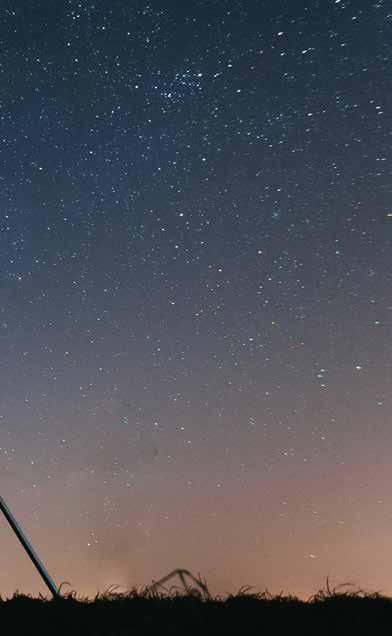
Editor • Zakiyah Ebrahim
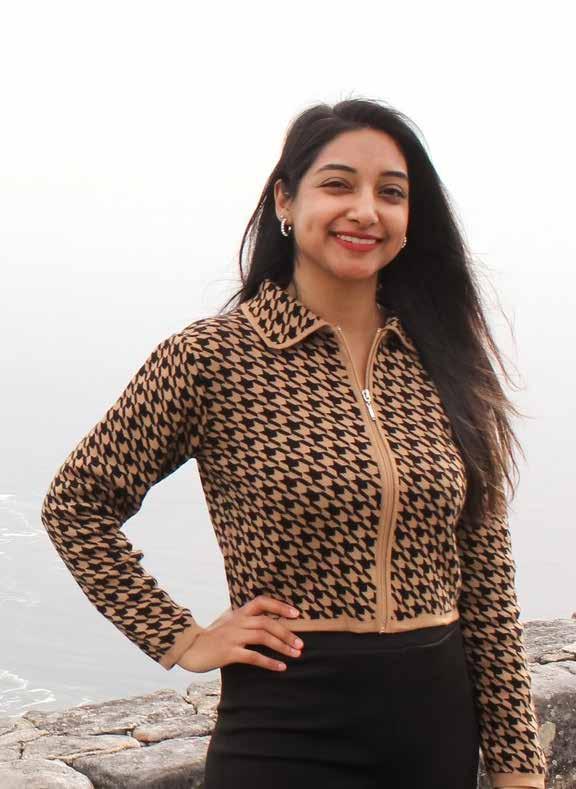
Graphic designer • Cinzia-Joey Swartz
Contributing writers • Nadine Sims
• Lusanda Tamesi
• Fahmeeda Zalgaonker
Chairman • Madambi Rambuda
Ambassador • Prof. Azwindinni Muronga
Subscriptions • info@sciencestars.co.za

Copyright 2017 Roswika Media. All Rights Reserved. No part of this publication may be reproduced, stored in a retrieval system or transmitted in any form or any means, electronically or mechanically, without prior permission.
Science Stars is published by Roswika Media.
11—12 November 2023


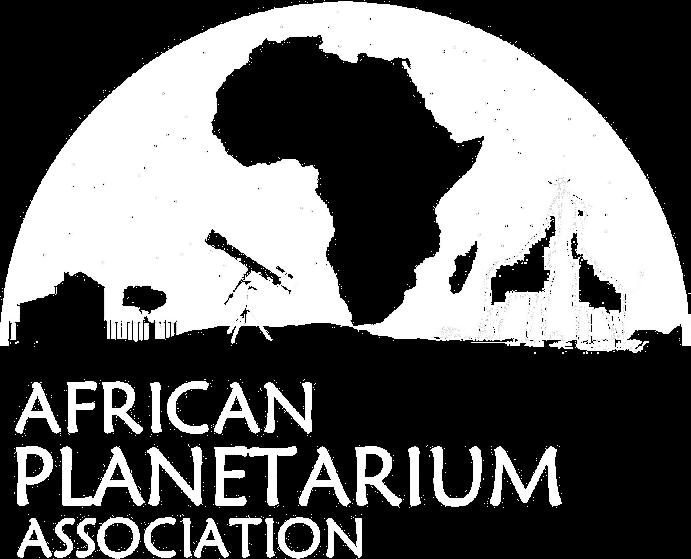
BIANNUAL WORKSHOP
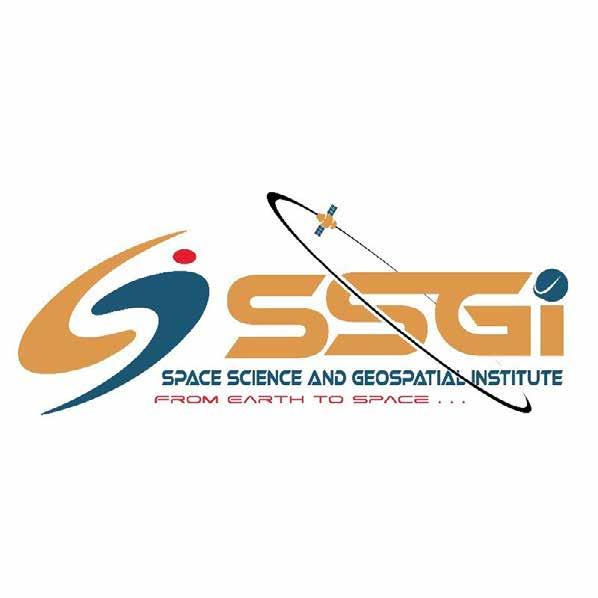
in conjunction with the IAU Symposium 386:

Dark Sky and Astronomical Heritage in Boosting Astrotourism
THEMES WILL INCLUDE:
• Using planetaria for education and promoting science
• Planetaria as a tool for Astrotourism
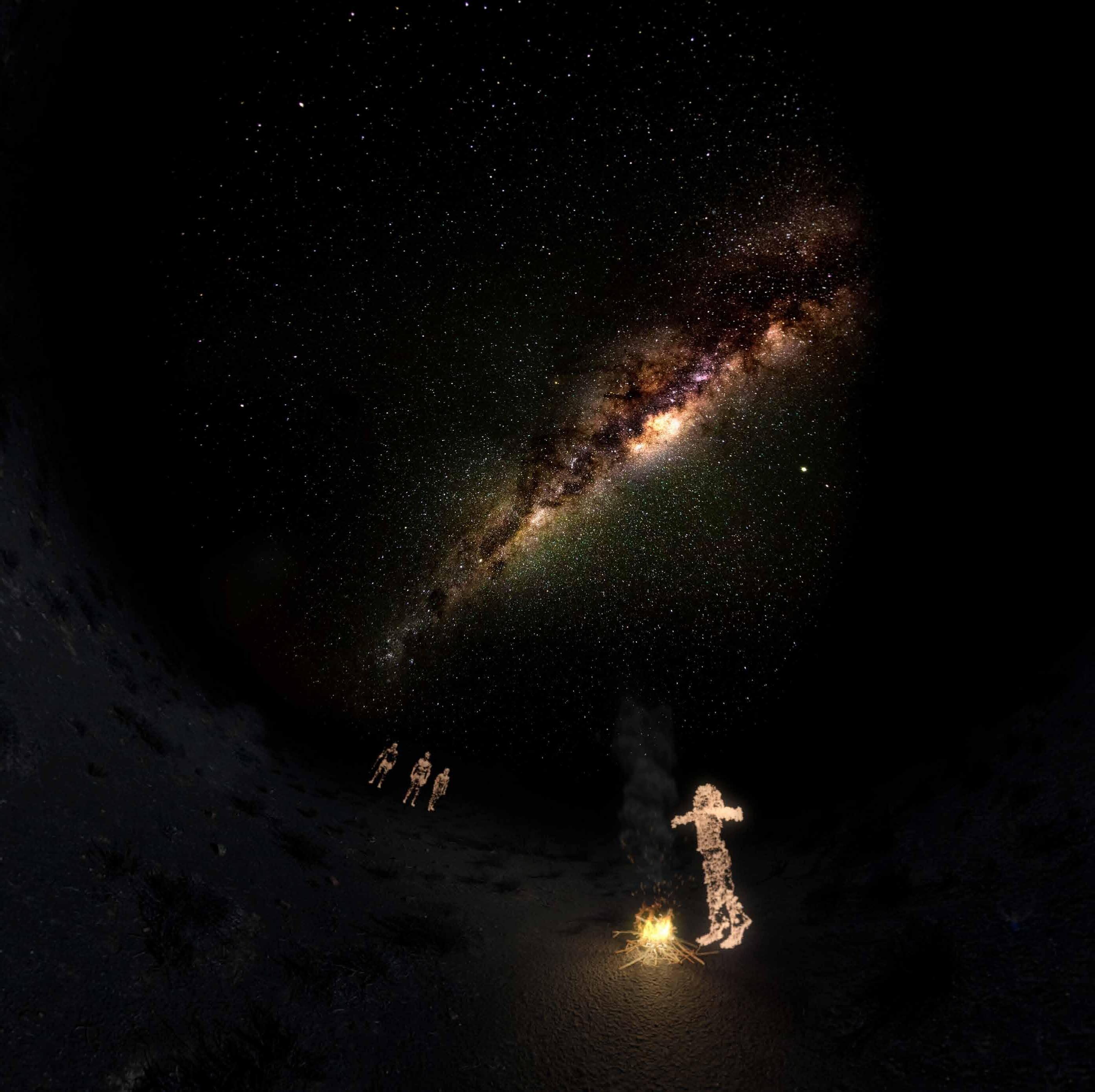
• Building and maintaining a sustainable planetarium
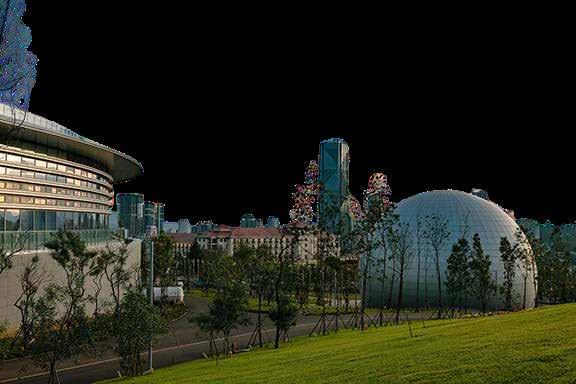
• APA: next steps and getting involved
• Addressing planetarium challenges in Africa
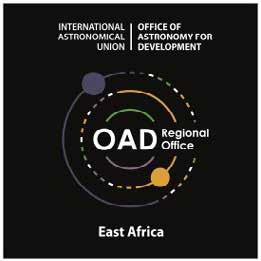

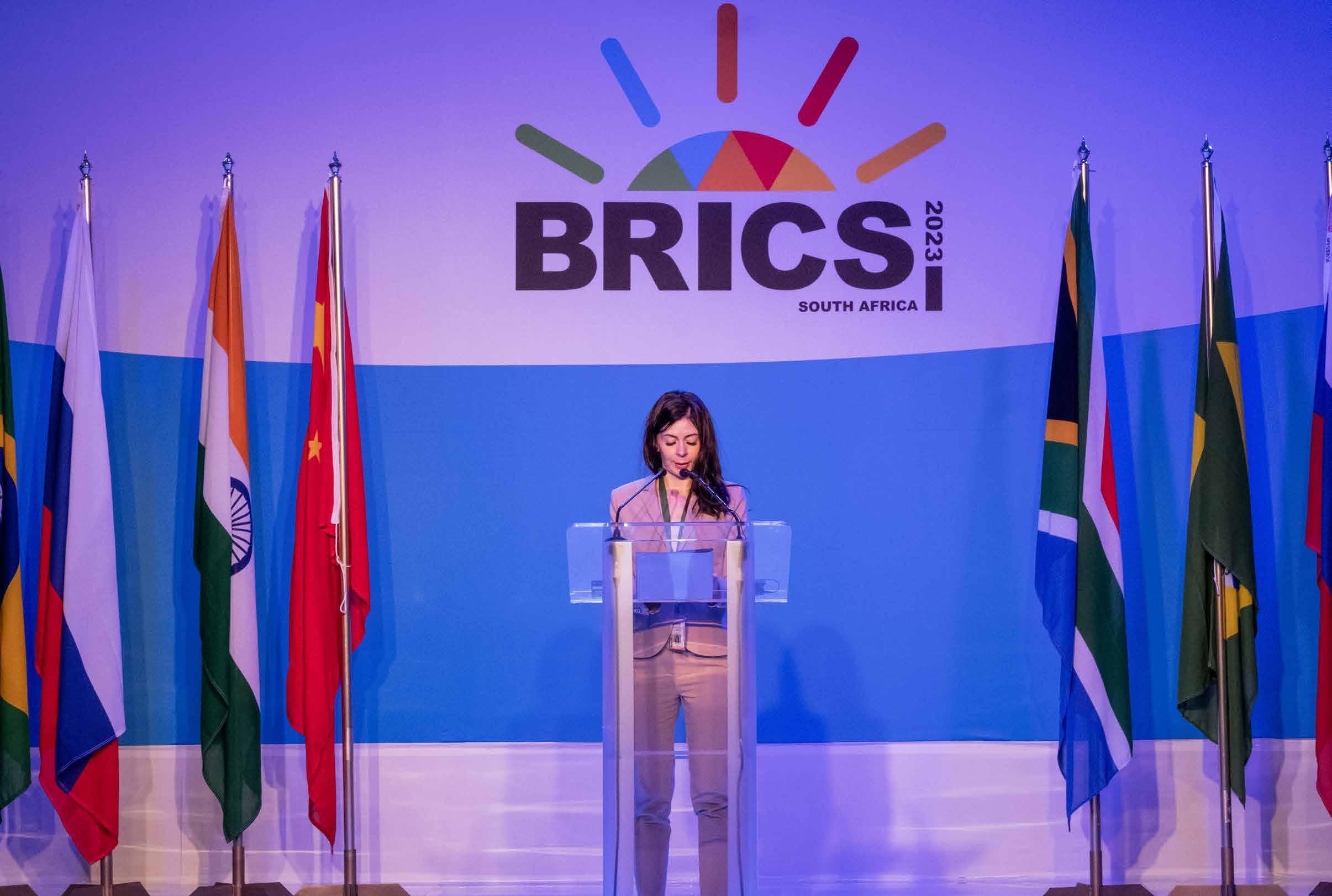
As the 15th BRICS Summit wrapped up in August in Johannesburg, science, technology and innovation (STI) remains an important priority of the BRICS nations: Brazil, Russia, India, China and South Africa.
The Department of Science and Innovation (DSI) hosted the BRICS STI Ministerial Meeting from 3 to 4 August 2023 in Gqeberha, where the countries adopted the Gqeberha Declaration. The declaration welcomed the further development of the BRICS Network Centre for Materials Science and Nanotechnology to foster cooperation among the BRICS countries in materials science and nanotechnology, including through the training of scientists, facilitating access to research infrastructures and the sharing of information.
The ministerial meeting was preceded by the BRICS Young Scientist Forum
(YSF), which focused on transforming skills development for the future. The YSF brought together 200 Master's and PhD students from BRICS countries, who discussed themes aligned with South Africa's Societal Grand Challenges, such as climate change and the future of society, among other things.
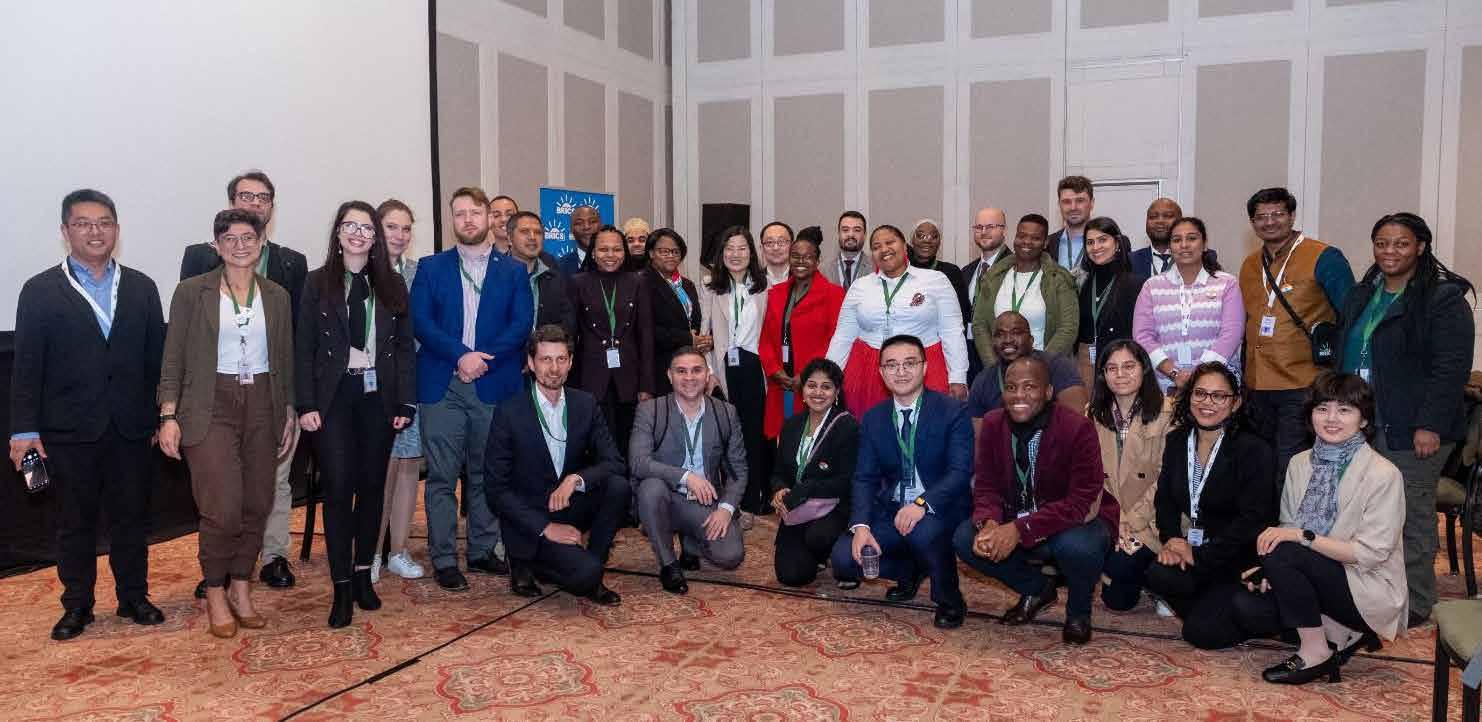
The themes aimed to reform sustainable inclusive development in Africa and the Global South by unlocking economic opportunities through the African Continental Free Trade Area and strengthening post-pandemic socioeconomic recovery.
The YSF also included the Young Innovator Prize (YIP). Organised by the DSI's entity, the Technology Innovation Agency, the YIP rewarded young scientists for their innovations that are created to benefit society.
The winners were announced during a dinner hosted by the Minister of Higher Education, Science and Innovation, Dr Blade Nzimande. The Minister congratulated the 2023 winners for their work in mining, agriculture, manufacturing and the circular economy.
Professor Dmitry Yudin from Russia scooped the first prize, winning $25 000 (around R466 000), with China's Liu Guangsheng and Brazil's Dr Marlon Wesley Machado Cunico winning $15 000 (around R280 000) and $10 000 (around R186 500) respectively for the second and third prizes.
Minister Nzimande called for greater collaboration by young scientists and innovators in the BRICS STI partnership through initiatives such as short-term fellowships with shared interests. He also supported a proposal to create an alumni network of young scientists.
"The YIP addressed priority themes of the STI Decadal Plan, such as the unlocking of new sources of economic growth and increasing the competitiveness of our industries," Dr Nzimande said.
The Minister said that finding appropriate mechanisms for enabling cooperation and joint programmes between BRICS and African funders of research and innovation will be a strategic gamechanger for pan-African science funding.
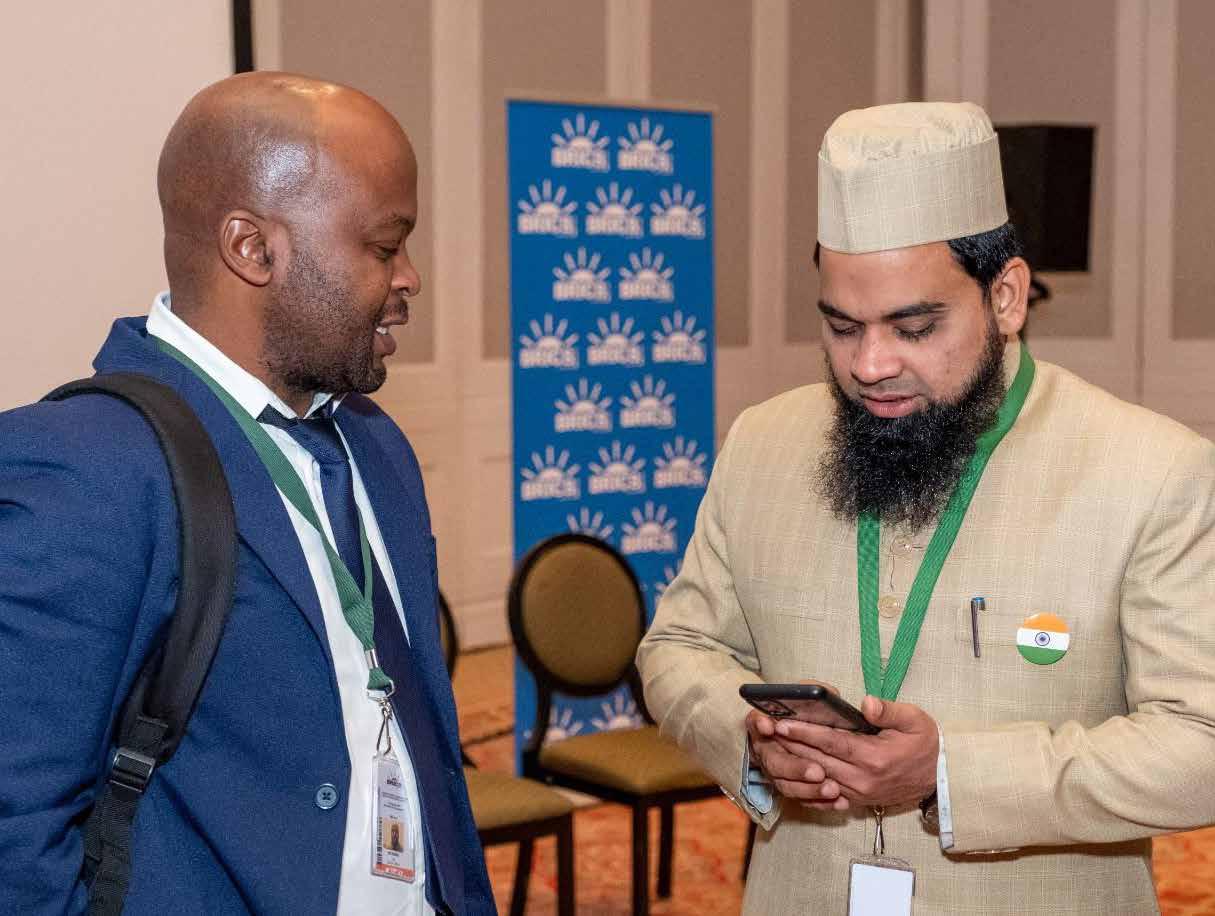
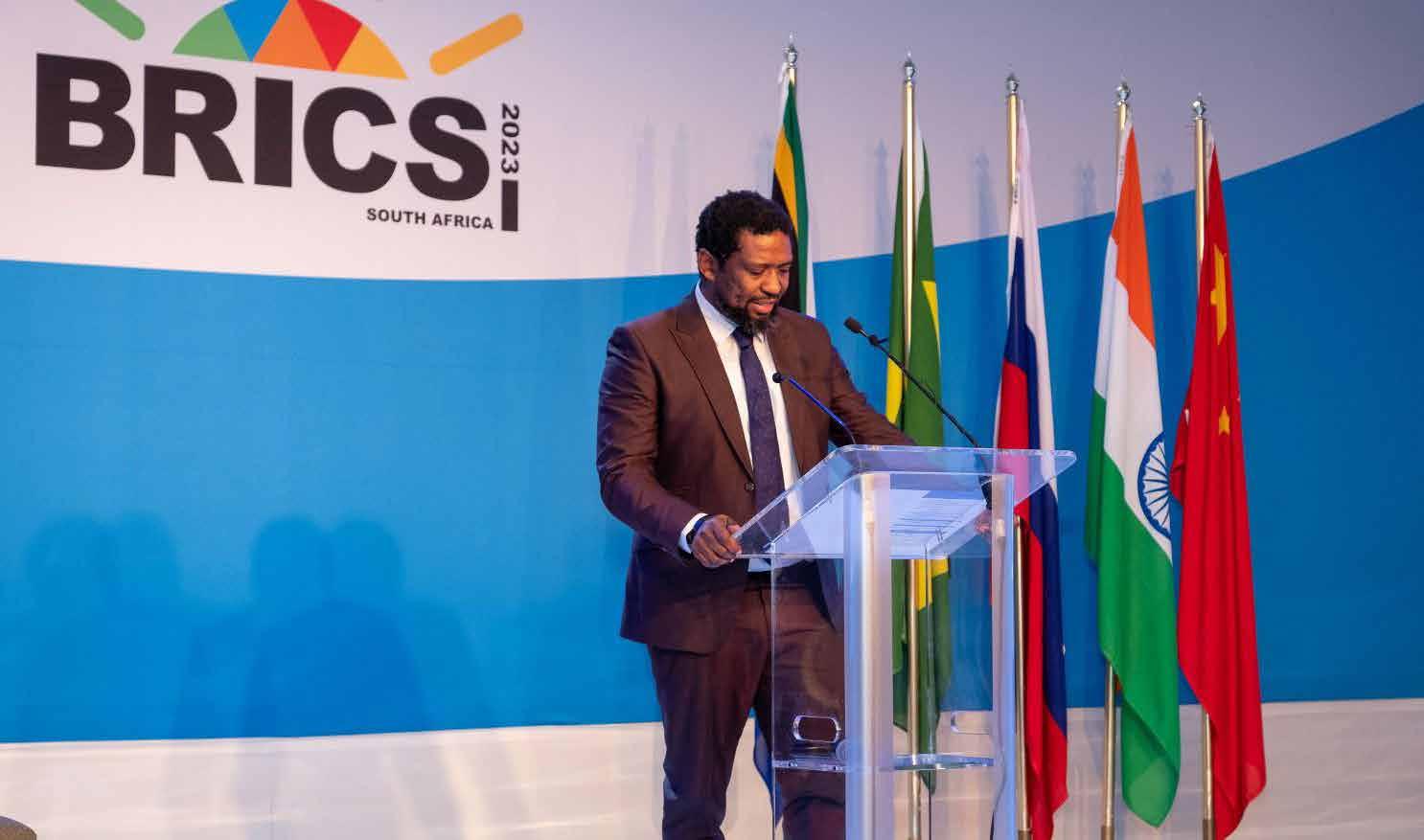
Interventions called by Minister Nzimande to prepare future cooperations included:
• South African participants to work with partners from other African countries under the forthcoming BRICS Framework Programme on Climate Change Adaptation and Mitigation proposals.
• Providing funding to the South African participants in current BRICS Framework Programme projects to facilitate networking between BRICS researchers and counterparts in other African countries, with the aim of building BRICS-Africa networks.
• Organising a symposium between BRICS funding agencies and their African counterparts to consider possible future joint funding initiatives.
Additional initiatives like the first BRICS Conference on Technology Foresight, hosted by our National Advisory Council on Innovation, will be included as part of the Science Forum, South Africa's biggest public science event.
Russia will host the next BRICS STI Ministerial Meeting as it takes over the chairmanship in 2024.
This year's South African Women in Science Awards (SAWiSA) celebrated the best of women in science, technology and innovation. SAWiSA is an annual countrywide event that profiles distinguished women researchers and scientists, as well as younger women who are emerging as excellent researchers.
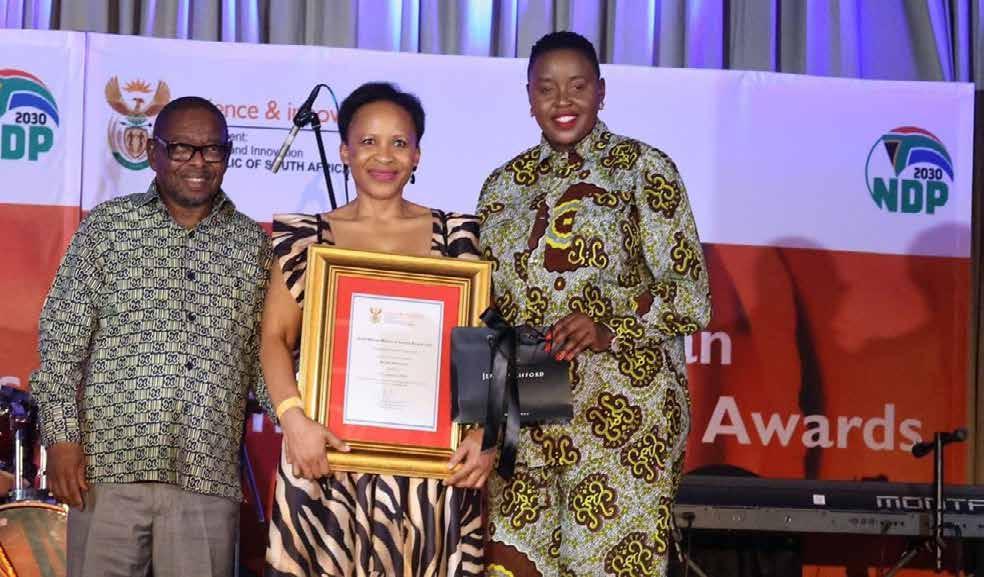
The awards were held on 8 September under the theme, "Harnessing technological change and innovation to achieve gender equality and empower women and girls".
The theme was adapted from the 67th session of the United Nations Commission on the Status of Women (UNCSW) held in March this year. The UNCSW is the principal global intergovernmental body dedicated exclusively to the promotion of gender equality and the empowerment of women.
It was a full house at the gala dinner on Friday evening held at the Southern Sun Elangeni & Maharani Hotel in Durban. The awards had been on a three-year hiatus due to the Covid-19 pandemic.
The gala dinner, which was hosted by the Minister of Higher Education, Science and Technology, Dr Blade Nzimande, was attended by the Chairperson of the Parliamentary Portfolio Committee on Higher Education, Science and Innovation, Ms Nompendulo Thobile Mkhatshwa, other members of the portfolio committee and members of the diplomatic corps.
The Chancellor of the University of the Witwatersrand, Dr Judy Dlamini, delivered the keynote speech.
Opening the awards, the Minister said that one of the most pressing questions of the present is how to harness technological change and innovation in the digital age to achieve gender equality and empower women and girls. Said the Minister:
THE WINNERS IN EACH CATEGORY ARE AS FOLLOWS:
Distinguished Woman Researcher – Humanities and Social Sciences
Professor Catherine Ward
Distinguished Young Woman Researcher –Humanities and Social Sciences
Professor Anastacia Mamabolo
Distinguished Woman Researcher – Natural and Engineering Sciences
Professor Janine Barbara Adams
Distinguished Young Woman Researcher –Natural and Engineering Sciences
Professor Usisipho Feleni
Distinguished Young Woman Special Award Dr Tiisetso Elizabeth Lephoto
Distinguished Woman Special Award
Dr Patience Thenjiwe Mthunzi-Kufa
DSI-Ndoni Mcunu Fellowships: Master's Awards
• Ms Modjadji Rebecca Letsoalo
• Ms Nyeleti Precious Mabaso
The Minister added that the research work of the 2023 SAWiSA finalists covers broad areas, including, among many others: gender-based violence; violence against children; historical trauma; gender equality; diseases such as HIV, heart disease and cancer; waste beneficiation through nanotechnology; cost-effective 5G networks; machine learning in astronomy; and youth entrepreneurship.
• Ms Gizelle Roque van Niekerk
DSI-Ndoni Mcunu Fellowships: Doctoral Awards
• Ms Carla Dodd
• Ms Munira Hoosain
• Ms Boitumelo Makgabutlane
• Ms Thendo Gertie Makhado
• Ms Lusani Mamushiane
• Ms Bambesiwe Mbesi May
• Ms Aletta Susanna Nortje
• Nicole Inge Richardson
• Ms Ramakgahlela Betty Sebati
For more information, contact Thabang Setlhare at 072 659 9690.
Issued by the Department of Science and Innovation.
Some of the answers to this question are contained in the breathtaking and groundbreaking research conducted by some of the finalists and winners that we honour and celebrate tonight.
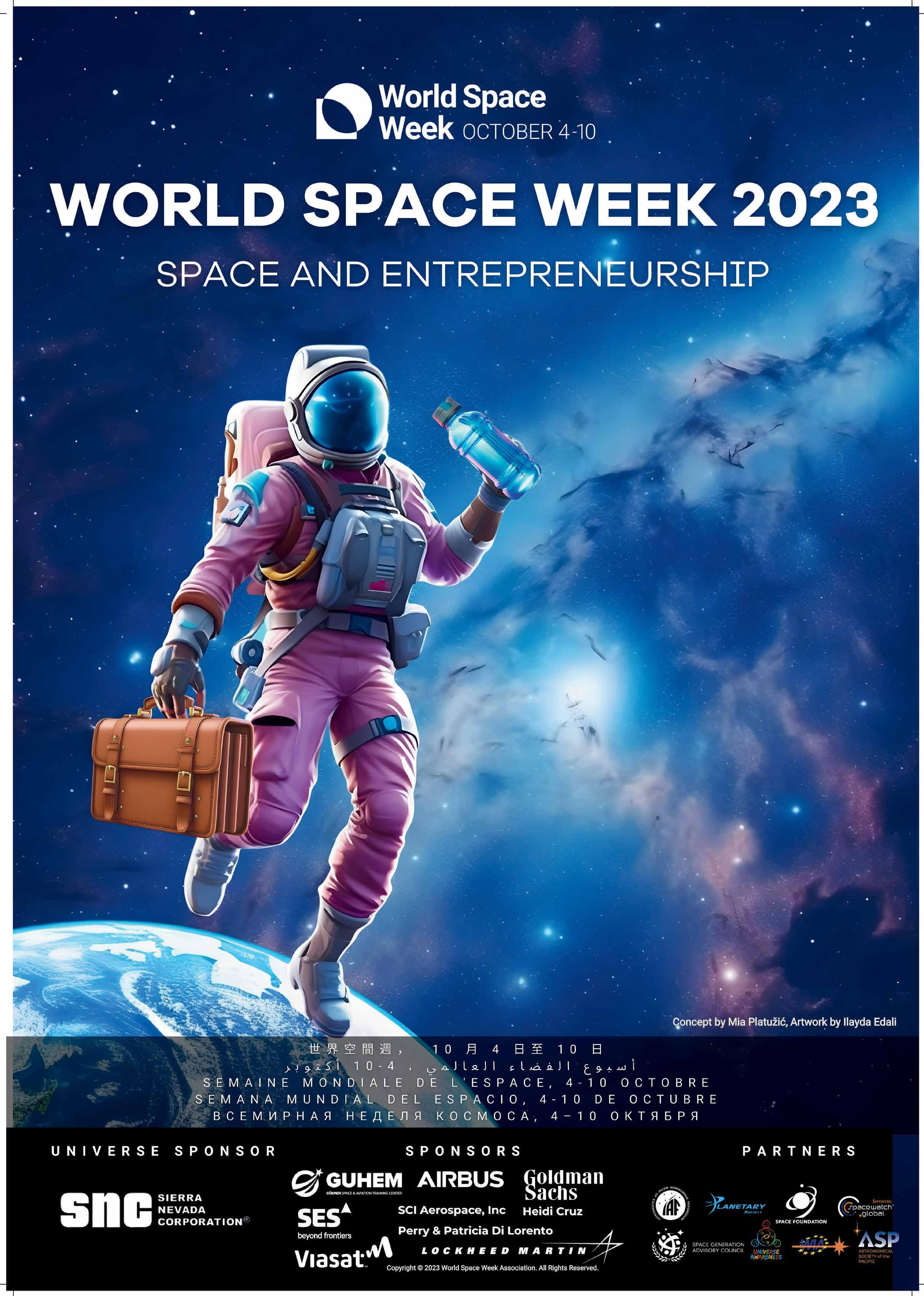
National Science and Technology Forum (NSTF) executive director, Ms Jansie Niehaus, says the quality of South Africa’s science, engineering, technology (SET) and innovation is superb and gives us cause to be proudly South African.
The NSTF Awards has been celebrating excellence and societal contributions for a quarter of a century, with nearly 300 awards given. This year saw 46 finalists, of whom 21 are women and 19 are black.
“We are really proud, as an NGO that is dependent on donations and sponsorships for everything we do, with our partners and sponsors, to have kept the Awards going,” said Niehaus.
Wilna Eksteen, chief operations officer at the NSTF, says there are some wonderful stories for science and the youth among this year’s winners. She said: “Our young people should be top priority.”
This year’s nomination and registration process went smoothly, with entries from a wide range of provinces, sectors, disciplines and institutions. The Awards include a variety of categories.
For the 25th anniversary of the event, a special NSTF Ukhozi Award was made to Dr Phil Mjwara, the director general of the Department of Science and Innovation (DSI).
The NSTF presented a special award this year for an outstanding contribution to SET and innovation through research and innovation in ocean science in support of attaining the sustainable development goals (SDGs) in South Africa.
The 2022/2023 Awards categories are:
• Ukhozi Award
• Lifetime Award
• Special Annual Theme Award: Ocean Science for Sustainable Development
• TW-Kambule-NSTF Researcher Award
• TW-Kambule-NSTF: Emerging Researcher Award
• Management Award
• Engineering Research Capacity Development Award
• NSTF-Water Research Commission (WRC) Award
• NSTF-SAMRC Clinician-Scientist Award
• Green Economy Award
• Data for Research
• Innovation Award: Small, Medium and Micro Enterprise (SMME)
• Communication Award; and
• Non-Governmental Organisation (NGO) Award
Minister of Higher Education, Science and Innovation, Dr Blade Nzimande, who is the patron of the NSTF Awards, said: “As part of one of the key stakeholders within our country’s National System of Innovation, the NSTF Awards have been celebrating SA’s research and innovation for a quarter of a century”.
Water and health sensors for Africans, by Africans Professor Usisipho Feleni, associate professor in electrochemistry at UNISA, began her career with a mind to help people living with HIV.
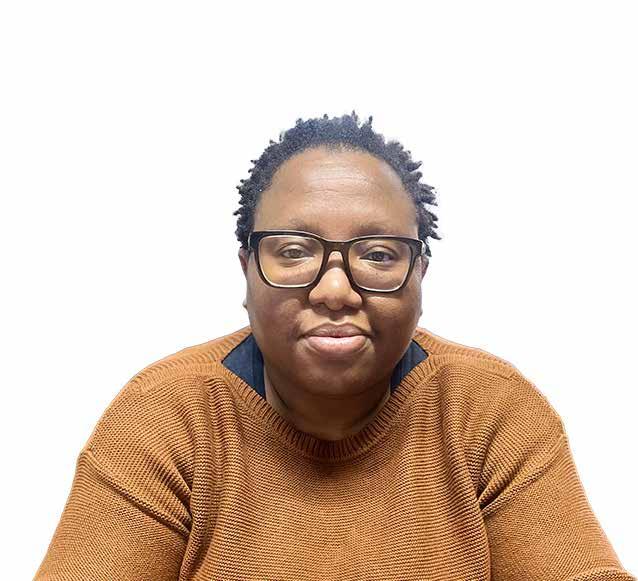
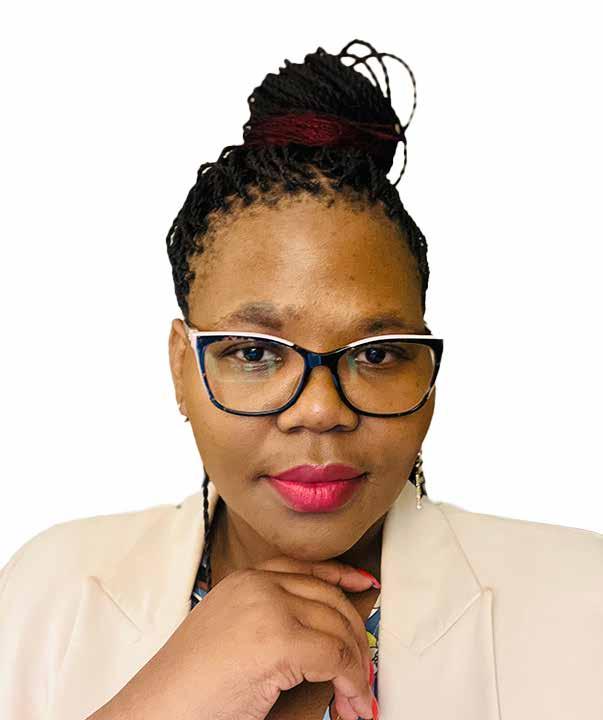
During her PhD studies, she developed a sensor prototype to detect a breast cancer drug in patients. This innovation garnered media attention and earned her numerous local and international awards and fellowships.
Feleni's team is working on technologies that could be used to monitor drug contaminants like antibiotics and painkillers in wastewater and other sensing technologies around HIV, cholera and Covid-19.
She hopes to support the Africa Agenda 2063 by producing cheap but effective materials, eventually resulting in marketable products and skilled jobs.
She adds that we need in-house diagnostic centres to train the next generation. Developing her own students’ skills is a key driver for her.
Prof Feleni won the TW Kambule-NSTF Award: Emerging Researcher and received a prize sponsored by the South African Young Academy of Science (SAYAS).
Prof a ‘big sister’ to young, black female researchers Black women engineers are thriving at Wits under the leadership of their ‘big sister’, Professor Nosipho Moloto, an inorganic chemistry professor who leads research in Energy Materials. Her projects include creating technologies for faster wound healing and renewable energy.
Despite a male-dominated field, her 'Nanoweb' principal investigators are 83% black women. More than half of the group’s postgraduate students are female.
She knows how hard it is for women to work as engineering academics. Yet, women bring different perspectives that can be very valuable.
Moloto prioritises practical, accessible solutions for ordinary South Africans and historically disadvantaged communities.
She is piloting a wound dressing technology for people who suffer from chronic wounds, such as those living with HIV or diabetes.
Moloto intentionally recruits black females to her group and has created an environment sensitive to their well-being.
Prof Moloto received the Engineering Research Capacity Development Award sponsored by Eskom.
Honouring remarkable women in science, engineering, technology (SET) and innovation
Prof Salome Maswime wants the African community to receive safe and timely surgical care, especially for pregnant women.
She is an obstetrician, gynaecologist and Head of Global Surgery in the Department of Medicine at the University of Cape Town.
When Maswime was a junior doctor, she lost a patient to anaesthetic complications because she and her team did not have the skills to help.
She says global surgery is about capacitating healthcare workers looking after patients to make better and more timely decisions.
Maswime turned to research to improve outcomes for mothers who undergo caesarean sections. She went on to become one of the first experts to establish global surgery as its own discipline in Africa. The surgical community needs to better understand the patient and engage with the communities they serve.
Maswime hopes her success will one day be measured by concrete impacts on our complicated health systems and how much the surgical outcomes and life expectancy of African patients improve.
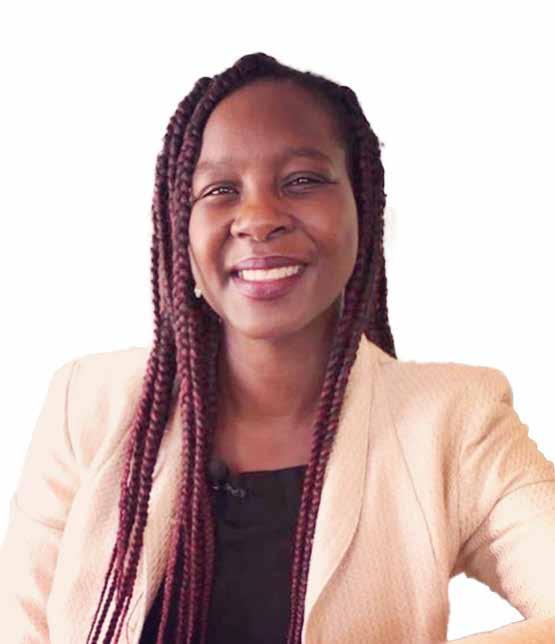
Prof Maswime won the new NSTF-SAMRC Clinician-Scientist Award sponsored by the South African Medical Research Council (SAMRC).
The Freshwater Biodiversity Information System (FBIS), an online platform developed by the Freshwater Research Centre (FRC) in collaboration with Kartoza and the South African National Biodiversity Institute (SANBI), received the 'Data for Research' award.
Dr Helen Dallas, executive director of the FRC, has been in this field for over 30 years and says before they built this platform, many people had approached her informally for information about freshwater biodiversity. Many also needed help finding this elsewhere. There was a demand for a formal, easy-to-use ‘dashboard’ to access all of the scientific data we have about freshwater biodiversity in SA.
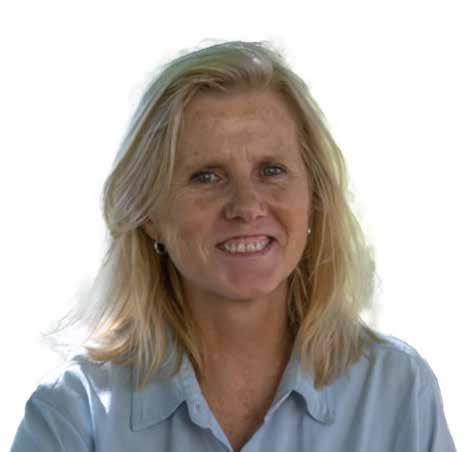
“Data from the FBIS platform is being integrated into the environmental impact assessment (EIA) screening tool of the Department of Forestry, Fisheries and the Environment (DFFE),” says Dallas.
The platform has received high praise locally and internationally.
maths and science, each year, the Mail & Guardian reported.
Interestingly, from each of the 57 schools participating in the outreach activities, the number of female learners outnumbered the males due to the encouragement of girls to study maths and science. During the outreach, the learners were informed about careers in astronomy, astrophysics, biophysics, engineering, robotics, coding, data science, mechatronics and automation, and more.
RuraTech, a private company in Durban, is committed to providing digital library kits to 280 schools across SA through their Digital Library Project. The Durbanbased organisation was formed in 2020 and serves to bridge the digital divide at schools in rural and disadvantaged areas without access to computers, laboratories or internet connectivity. Since its inception, RuraTech says it has provided digital library kits to nine schools and plans to hand over 271 over the next few years.
What's in a digital library kit? A mobile tablet trolley with 40 WiFi-enabled Windows/Android tablet devices, a
teacher’s laptop and an offline educational server for all the devices. Best of all, the trolley, aimed at transforming classrooms into computer labs, can be moved from one classroom to another. Go RuraTech!
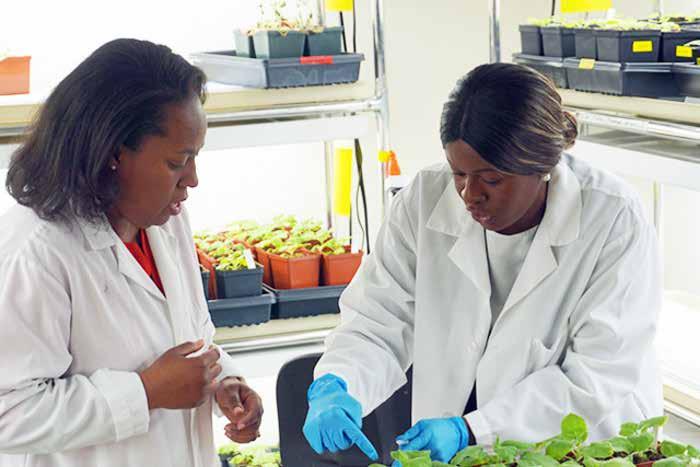
Earlier this year, just over 3 000 learners from 57 schools across the Vhembe district of Limpopo province and their teachers collaborated in a science outreach programme hosted in the Vhembe district by Nelson Mandela University and the University of Venda. The Vhembe district includes many rural schools and produces a high percentage of top matric learners, especially in
Amie Fornah Sankoh has become the first deaf Black woman to bag a PhD in any Scientific, Technology, Engineering, and Mathematics (STEM) discipline in the US. Reflecting on her achievement, Sankoh said: “I believe we are all born to do what 'can't be done'".
Sankoh graduated with a doctorate in Biochemistry and Cellular and Molecular Biology from the University of Tennessee, Knoxville. While she is the first person to achieve this milestone, she's sure she won't be the last. “My one take-home lesson moving forward is that the unique life experiences of all disabled and nondisabled people alike bring different perspectives to research advancement, problem-solving, and innovation to the world.”
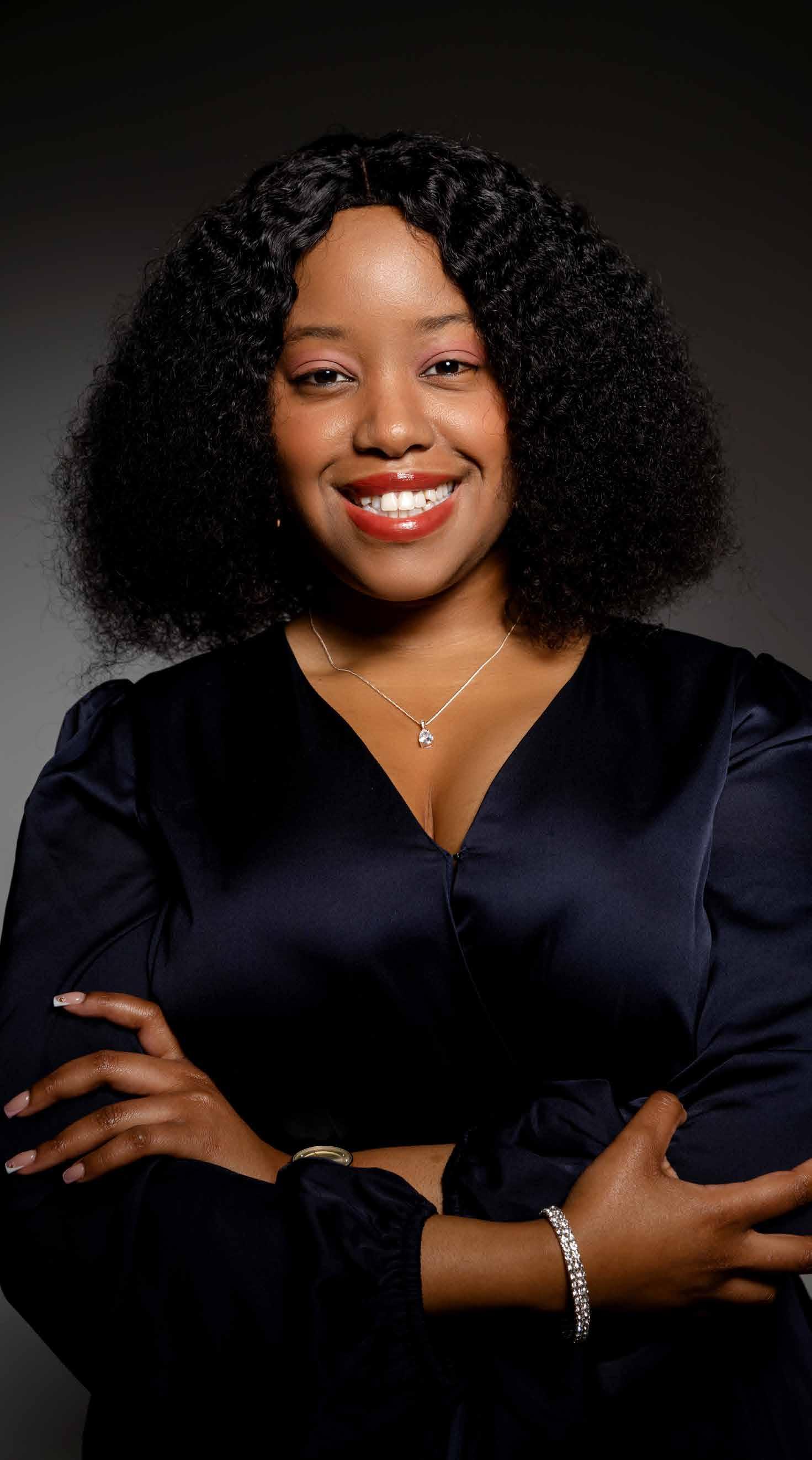 By: Fahmeeda Zalgaonker
By: Fahmeeda Zalgaonker
As much as the world of STEM has been filled with amazing innovations, it has often lacked diversity and representation, especially of women. Many females entering the field are helping to break barriers and inspire others along the way, which is exactly what Nomhle Ngwenya has done by becoming the youngest and first black female PhD graduate in the Science Faculty of Wits University at the age of 25.
From honours to PhD
Nomhle has always been curious about the world of science from a young age and enjoyed geography as a school subject. “I loved learning about global warming, the earth's topography, natural disasters, as well as social and transport economics,” she says.
Growing up in Edenvale, Johannesburg, Nomhle’s childhood was filled with many science excursions and visits to the SciBono Discovery Centre - South Africa’s largest science centre. “As I became older, I definitely knew that STEM was a field I eventually wanted to embark on.”
The 25-year-old's honours research was so impressive that she was recommended to skip her Master's and go straight for a PhD
In 2015, she enrolled at Wits University for a Bachelor of Arts (BA) in Sociology and Geography. She then completed her honours (BSc) in Geography, which was funded by the South African National Energy Development Institute (SANEDI).
“During my honours year, my research topic looked at how we can engage communities to support climate change technologies,” says Nomhle.
Nomhle received the highest aggregate in her honours year and graduated summa cum laude (with the highest distinction). Her research was so outstanding that she progressed straight to a PhD programme under the recommendation of her supervisor, Professor Danny Mulala Simatele. “My PhD thesis looked at the role of institutional frameworks in promoting green bonds to finance carbon capture and storage projects in South Africa,” she says, adding: “In other words, how we can finance climate change projects with the support of government policies.”
Nomhle currently works as a climate finance specialist and is regarded as an expert in environmental issues such as climate change, sustainability, and environmental, social and corporate governance (ESG). She has been invited
to share her expertise and insight as a panellist on many platforms.
She stays passionate and motivated that her work will lead to great things. “I envision my contributions to improve the knowledge around climate risks and the energy transition by applying an African lens to solving these challenges.”
'Research has proven how much women contribute to society' Nomhle’s path to great success did not come without facing a range of negative comments and obstacles, especially as a black woman in the field.
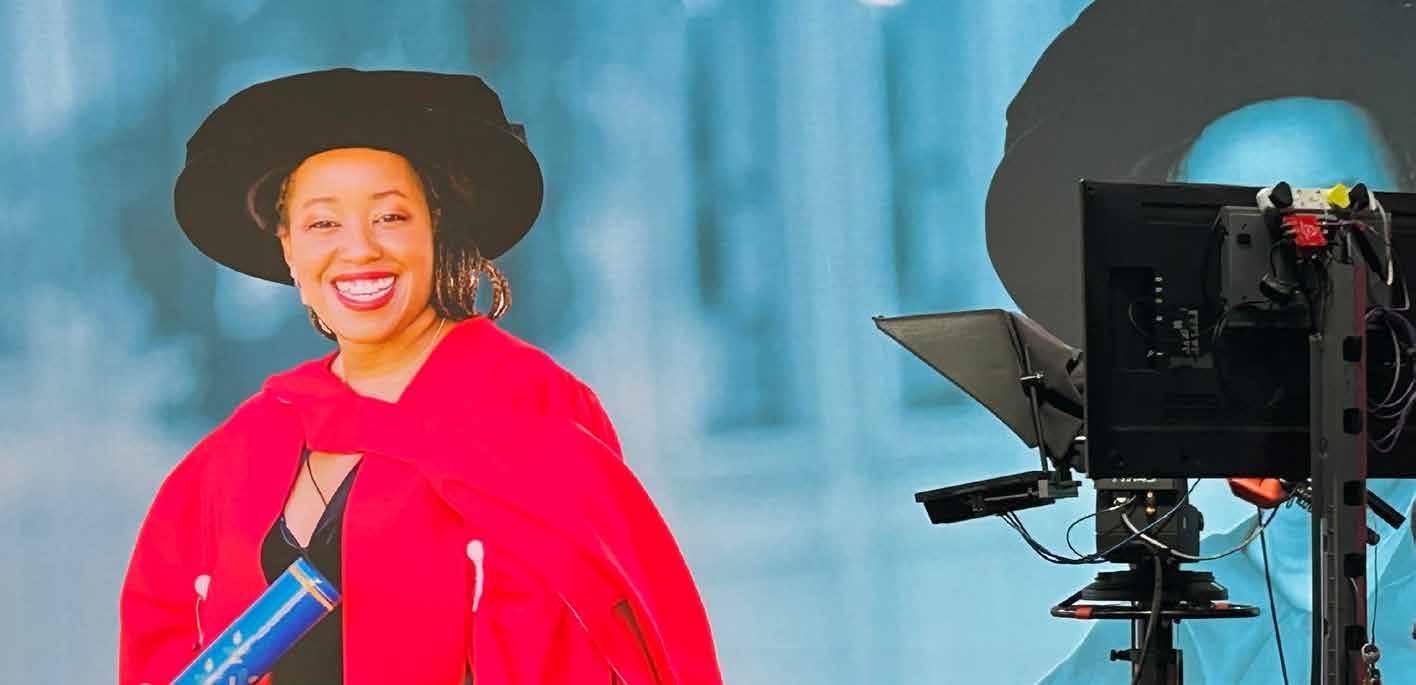
In the world of STEM, women often encounter a range of stereotypes, expectations and discrimination that can make their journey more challenging. “I remember being told by a few people that I should forget about getting married or having kids after a PhD because that will intimidate men … this speaks to how women pursuing higher education are stigmatised and how far we need to go as a society to normalise women as being very educated, independent and successful in their own rights.”
STEM fields have been very maledominated, which can often feel discouraging and isolating for women, as Nomhle experienced. “Being a black
female academic is not easy, and there are little to no mentors that exist who are also black and female,” she says.
Throughout history, women have been assigned to more domestic roles in society. This made it difficult for women to enter STEM spaces and contribute their knowledge. “Women have been boxed into traditional roles, with the stereotype that they belong at home and not in labs ... this is still a reality, even though research has proven how much women contribute to society and have advanced various developments in STEM.”
Despite the hardships and thanks to her upbringing of being raised with a strong, fierce and humble personality, Nomhle continued to pursue her dreams despite what other people thought and how rare it was to be a black woman in STEM. “The lack of representation also became a motivator for me to want to remain, transform the space and inspire the next generation of STEM pioneers,” she says.
Nomhle’s success is proof that hard work can lead to big dreams no matter what. She is a true role model for women in STEM and encourages others to chase their goals just as she has. “If you are motivated, work hard and have a plan for your life, your impact will be visible in your own unique way.”









The ICGEB-SAWBP PhD Fellowship Programme will support South African women intending to study towards a PhD degree in Biotechnology at the ICGEB Cape Town Component.

The programme promotes the interaction and mobility of South African women Biotechnology researchers and the ICGEB community.
ELIGIBILITY:
Applicants must be South African nationals. Only South African citizens and South African Permanent Residents with a valid South African ID number may apply. Preference will be given to Black and disabled applicants.
Proposed projects must be innovative and fall within one of the ICGEB Cape Town component macro areas of research, namely: Infectious Diseases, Non-Communicable Diseases, Bioinformatics, Plant Systems Biology and Virology. A letter of endorsement from the ICGEB Group Leader must be submitted with the application. The Principal Investigator at the chosen ICGEB Cape Town laboratory should be contacted in advance to discuss the proposed research project.
Visit https://www.icgeb.org/location/capetown/ for the group lists.
06 October 2023
Click on the following link for details on eligibility, criteria and how to apply
Information - ICGEB
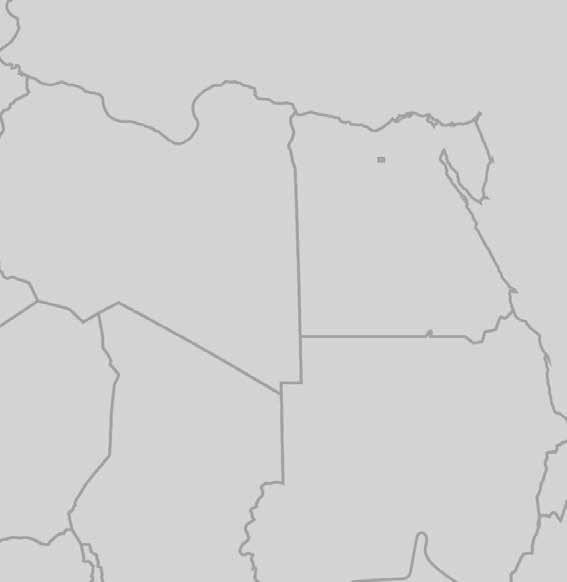
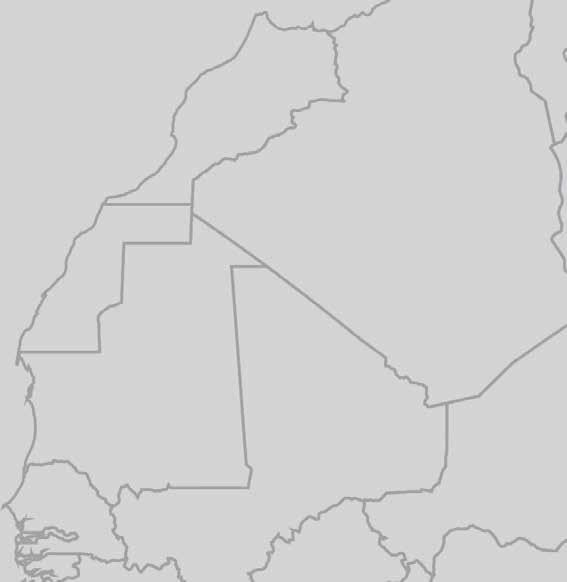

Claudia Russo
ICGEB Cape Town Component
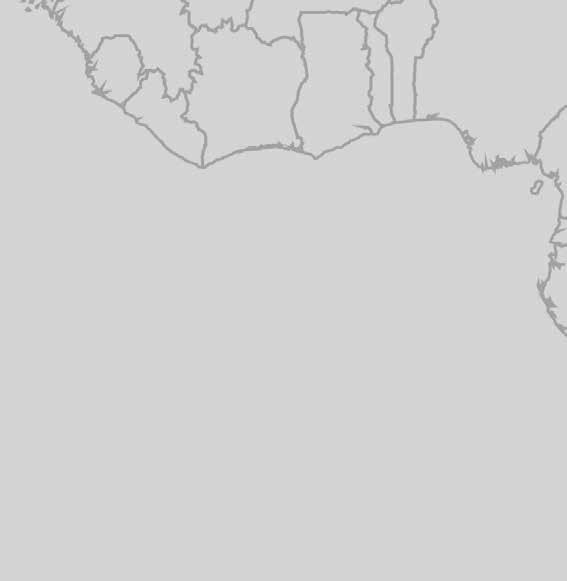
Email: icgeb.sawbp@icgeb.org
Tel: +27 021 650 6335
DSI
Information - DSI
Dowelani Ndiitwani
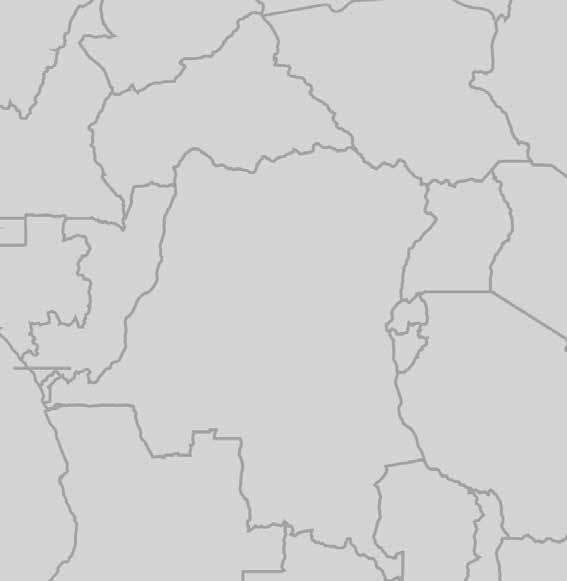

DSI Multilateral Cooperation
Email: Dowelani.Ndiitwani@dst.gov.za
Tel: +27 12 843 6382
The STEM field is full of exciting opportunities for women. From engineering to medicine to astronomy, there are endless possibilities to make a difference in the world.
By: Nadine SimsIn the STEM field, women are usually in the minority. According to SANews.gov.za, a larger gender gap persists in the field not only in South Africa but worldwide: only 13% of STEM graduates are women. Below, we explore exciting options of STEM careers for women.
13%
The job market, specifically in the IT sector, looks much different today than 30 years ago – many jobs we see today weren't around. This field is currently booming and needs more women representation. Career opportunities can range from programming and software development to data analysis and IT security.
The standard definition of engineering is using science and mathematics to solve problems. You get various types of engineering, including electrical, civil, chemical, mechanical and software engineering. Studying engineering opens up a range of career opportunities, even in other sciences, like astronomy.
The medical field is a vast and ever-evolving field with a wide range of career options. While "medical doctor" may be the first one that comes to mind, there are so many different paths to take. Some include dentistry, nursing, physical therapy, psychiatry, and more. The medical field is an exciting one, as new innovations and developments are constantly happening.
Biology is the study of life and organisms. There are many career opportunities in biology, including microbiology, biochemistry, biotechnology, and biophysics. Picture yourself in a laboratory with beakers and in a white lab coat!
Astronomy is said to be the oldest science in the world. Who wouldn’t want to look up and discover the wonders of the universe while exploring celestial objects? But don’t say we didn’t warn you: astronomers usually have many late nights, as that is when they do their job.
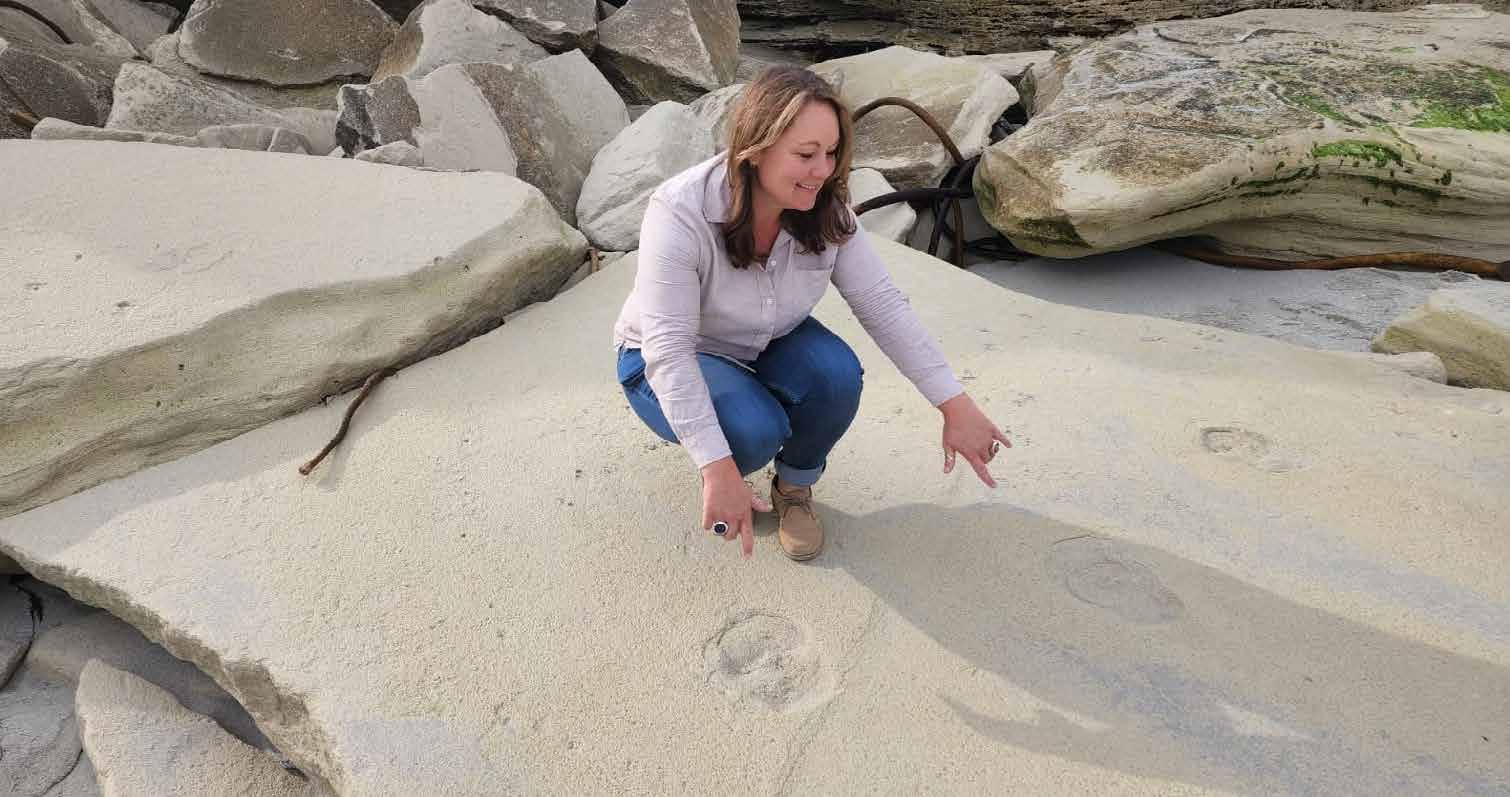
We live on the “blue planet”, and we have learned more about the sea in the past half-century than during all of preceding history — from seismic activity and tectonic plate shifts to the existence of hydrothermal vents and the abundant diversity of life forms. Marine geology is a subdiscipline of geology and focuses on areas affected by our oceans, including the deep ocean floor, the shallower slopes and shelves surrounding the continents and coastal areas like beaches and estuaries.
The underwater component of this area of research started to emerge in the years following the Second World War when sonar technologies, with principles borrowed from bats and marine mammals, were applied to “see” through low-visibility areas and search for sea mines and submarines in water.
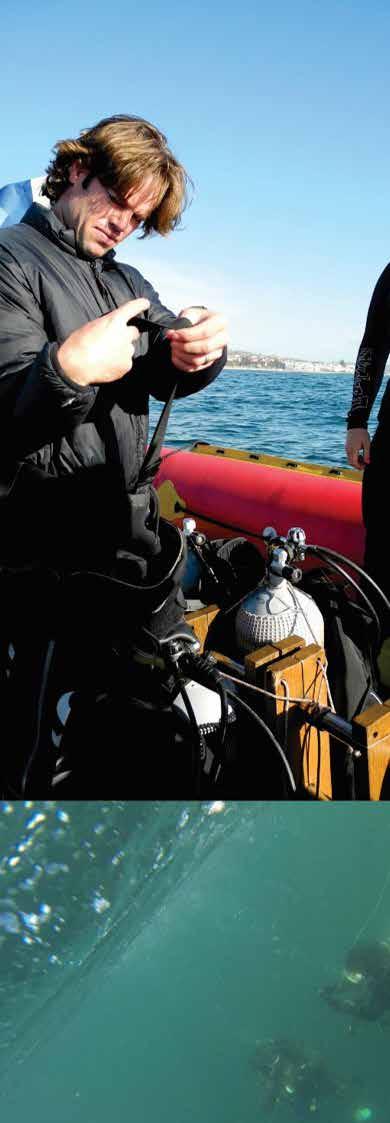
Most of what we know about the ocean floor's topography was pieced together from gravity data gathered by satellites. To date, only small areas of the seafloor (just over 20% in 2023) have been mapped in high resolution using sonar. The spatial resolution of the gravity grid is about 5 km2; by comparison, topographic maps of Mars and Venus have a resolution that is 50 times more detailed.
in ocean water. Therefore, the suite of optical and electromagnetic sensors that are currently available to map, observe and understand land topography from satellites cannot, at best, penetrate more than a few tens of metres in ocean waters. This has left the vast majority of our planet virtually unobserved and unexplored.
Seafloor mapping is progressing fairly slowly due to the challenges associated with operating in this environment. In particular, electromagnetic waves (e.g. light and radar) are highly attenuated
About 30 countries globally, including South Africa, are actively mapping the seafloor in their Exclusive Economic Zones (EEZ) through a programmatic approach. The Council for Geoscience is leading this initiative in South Africa. Ocean research is an area where discoveries can still be made, and each time we work on a new patch of seafloor, we bring to light features and structures that have often never been seen or known before. By seamlessly linking onshore and offshore territories, our ultrahigh-resolution data is contributing to South African science.
Globally, vast areas of the ocean floor still remain unchartered (not mapped or surveyed) to any level of detail.Discovering a ~100 thousand year old extinct buffalo trackway cemented
Benefits to society from this work include:
• Providing baseline data of the past to better anticipate future climate and environmental change,
• Locating offshore strategic mineral resources and commodities, and
• Conducting earthquake and tsunami hazard assessments and characterising seafloor habitats and ecosystems.
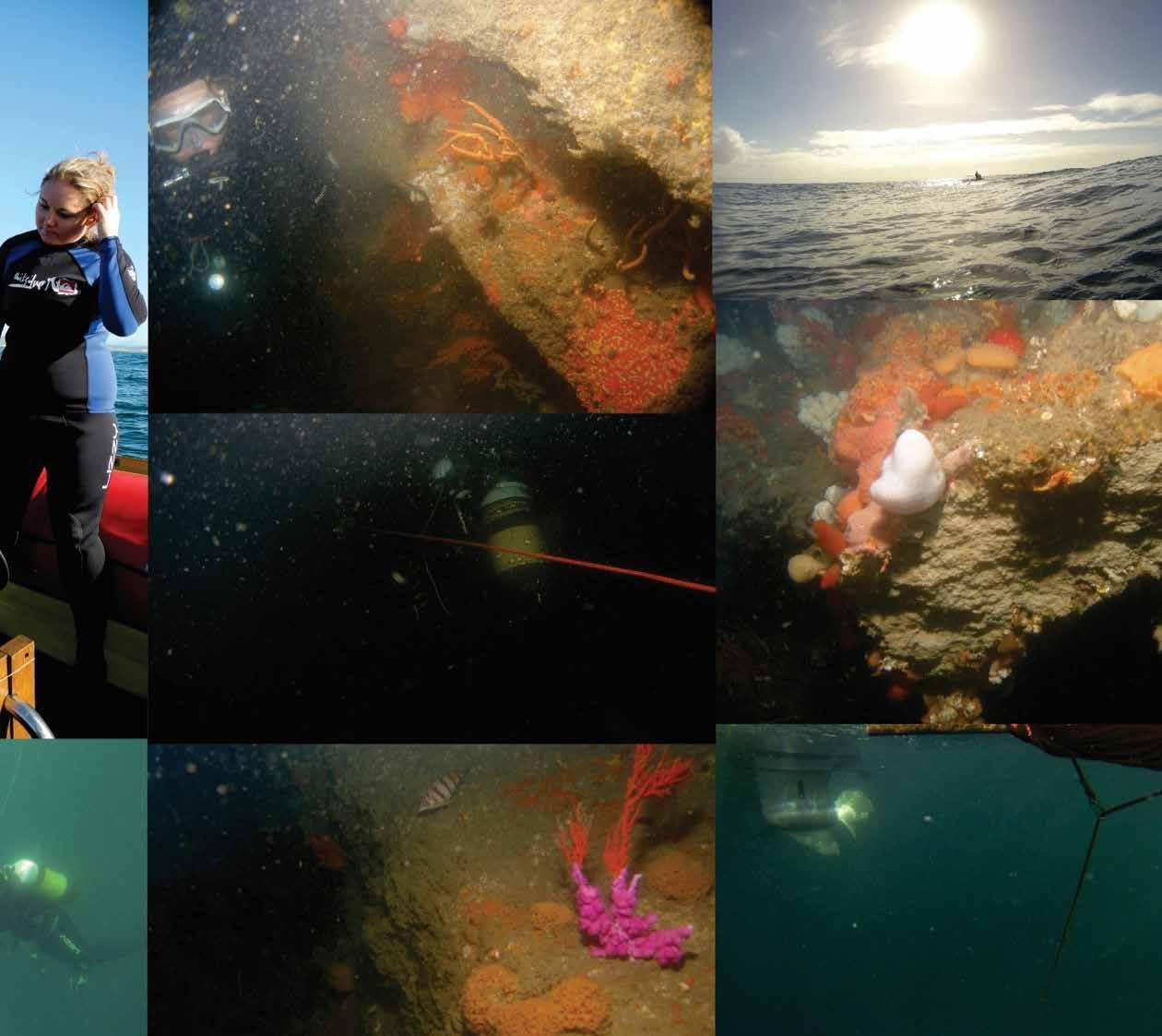
Did you know?
The global ocean covers around 71% of our planet, yet only about 20% of the seafloor has been directly mapped. In South Africa, the Council for Geoscience is leading an initiative to actively map the ocean floor and boost the 'blue' economy.
The Council for Geoscience is one of the national science councils of South Africa. For more information about what they do, visit their website at geoscience.org.za
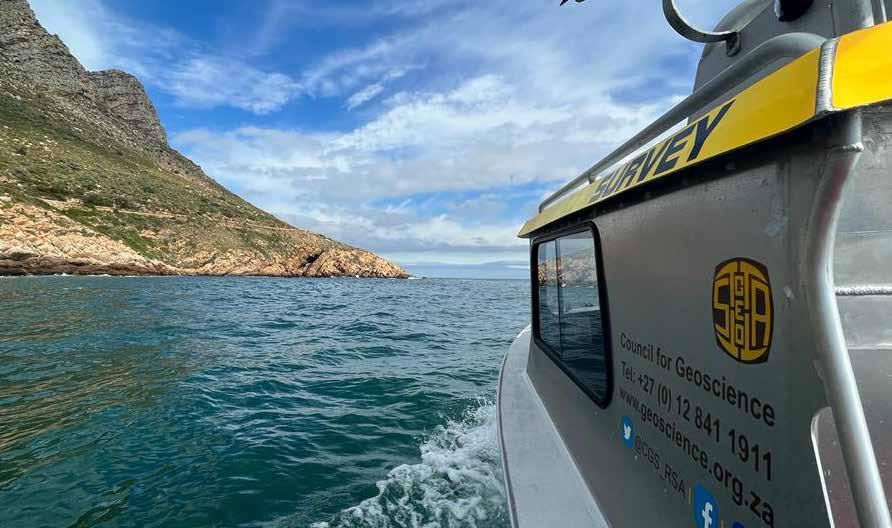
Science, technology and innovation (STI) are vital for creating new job opportunities and making a difference in people's lives in South Africa. This year, the BRICS Young Scientist Forum (YSF) was hosted by the Department of Science and Innovation (DSI) at the Boardwalk Hotel in Gqeberha. The threeday event primarily focused on issues around transforming skills development for the future, climate change and environmental sustainability, and the future of society.
By bringing together young researchers and innovators from the five countries in this inclusive format, the YSF makes several important contributions to the broader BRICS cooperation
- Mr Marcus Moraes, the leader of the delegation from Brazil's Ministry of STI.
Ms Albina Kutuzova from the Ministry of Science and Higher Education in Russia also said that nowadays, one could see that young people have a great interest in science as a special, noble activity and an opportunity for creative self-realisation.
Investing in young people is investing in the future, added Dr Sanjeev Kumar Varshney of India's Ministry of Science and Technology. He said: "I am confident that, with this forum, our young scientists will get to know one another, understand one another's challenges, and figure out how
to make the world a better place to live."
Devanshi Thakur of the Indian Institute of Technology, a young scientist, said that togetherness is power as it accelerates growth.
The BRICS STI Framework Programme, which supports research on important topics that can be best studied by working together with scientists from different countries, includes thematic areas such as transient astronomical events, deep survey science, technologies for the diagnosis and treatment of antimicrobial resistance, simulation and big data analytics for advanced precision medicine and public healthcare, renewable energy including smart grid integration, ocean and polar science and technology, and research in aeronautics and aerospace.
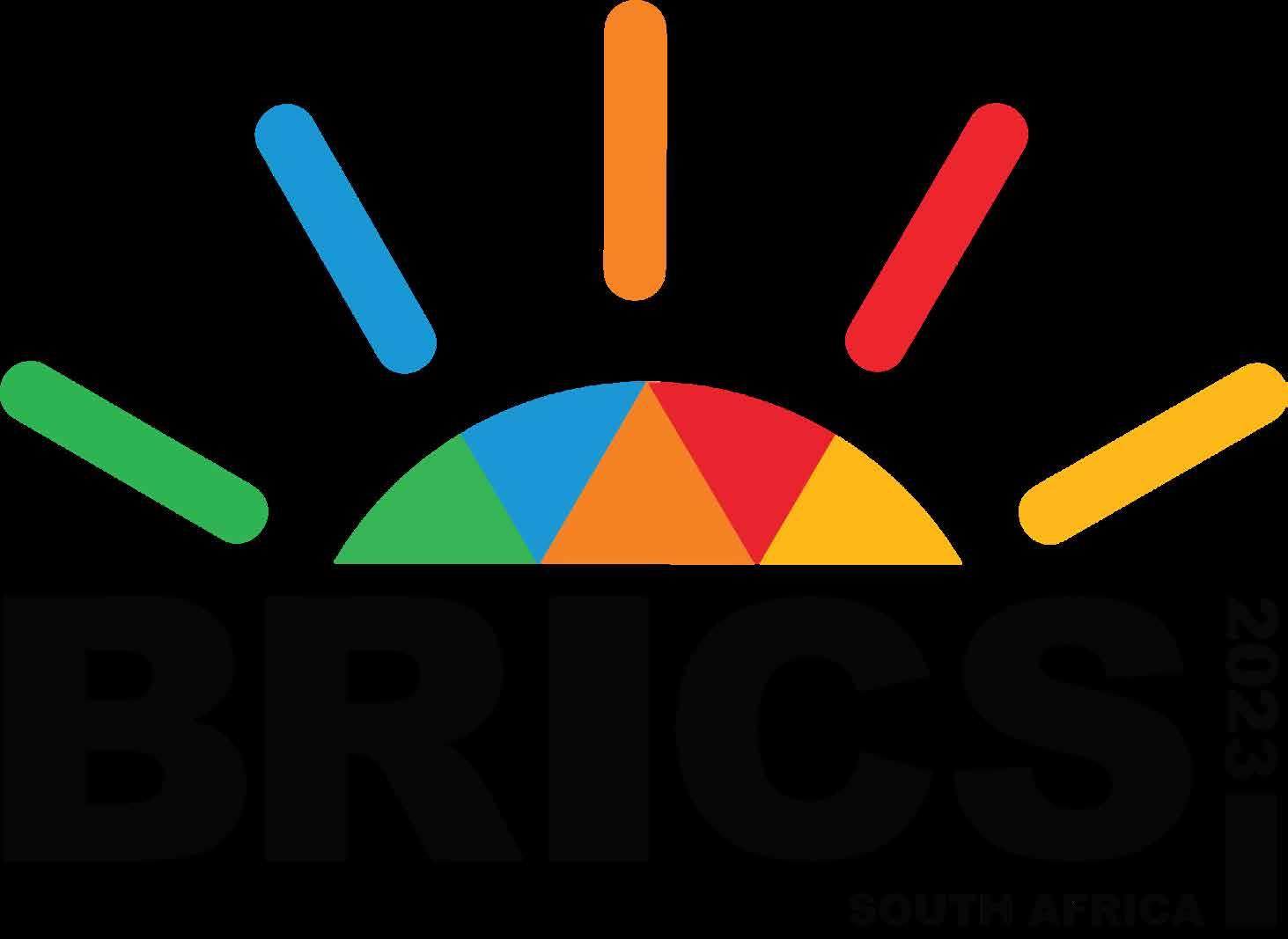
Fifty South African scientists under the
age of 40 were among the 200 Master's and PhD students from BRICS countries who met to discuss the themes aligned with South Africa's Societal Grand Challenges.
Presented by thought leaders such as Dr Mary-Jane Bopape, Managing Director of the South African Environmental Observation Network, Ms Nangamso Mtsatse, the CEO of Funda Wande, and Professor Bheki Twala, Deputy Vice Chancellor of Digital Transformation at Tshwane University of Technology,
the themes are an effort to reform sustainable inclusive development in Africa and the Global South by unlocking economic opportunities through the African Continental Free Trade Area and strengthening post-pandemic socioeconomic recovery.
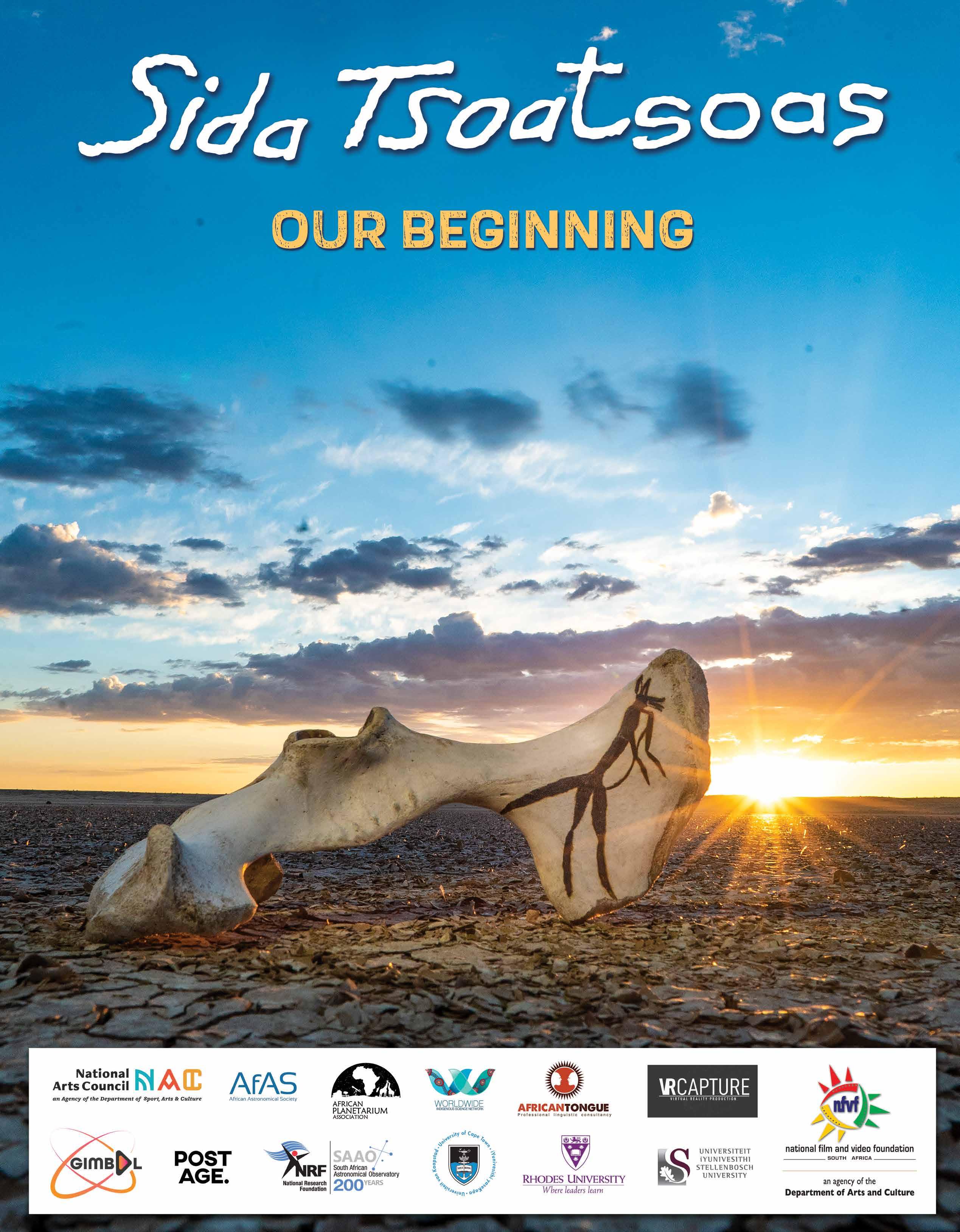
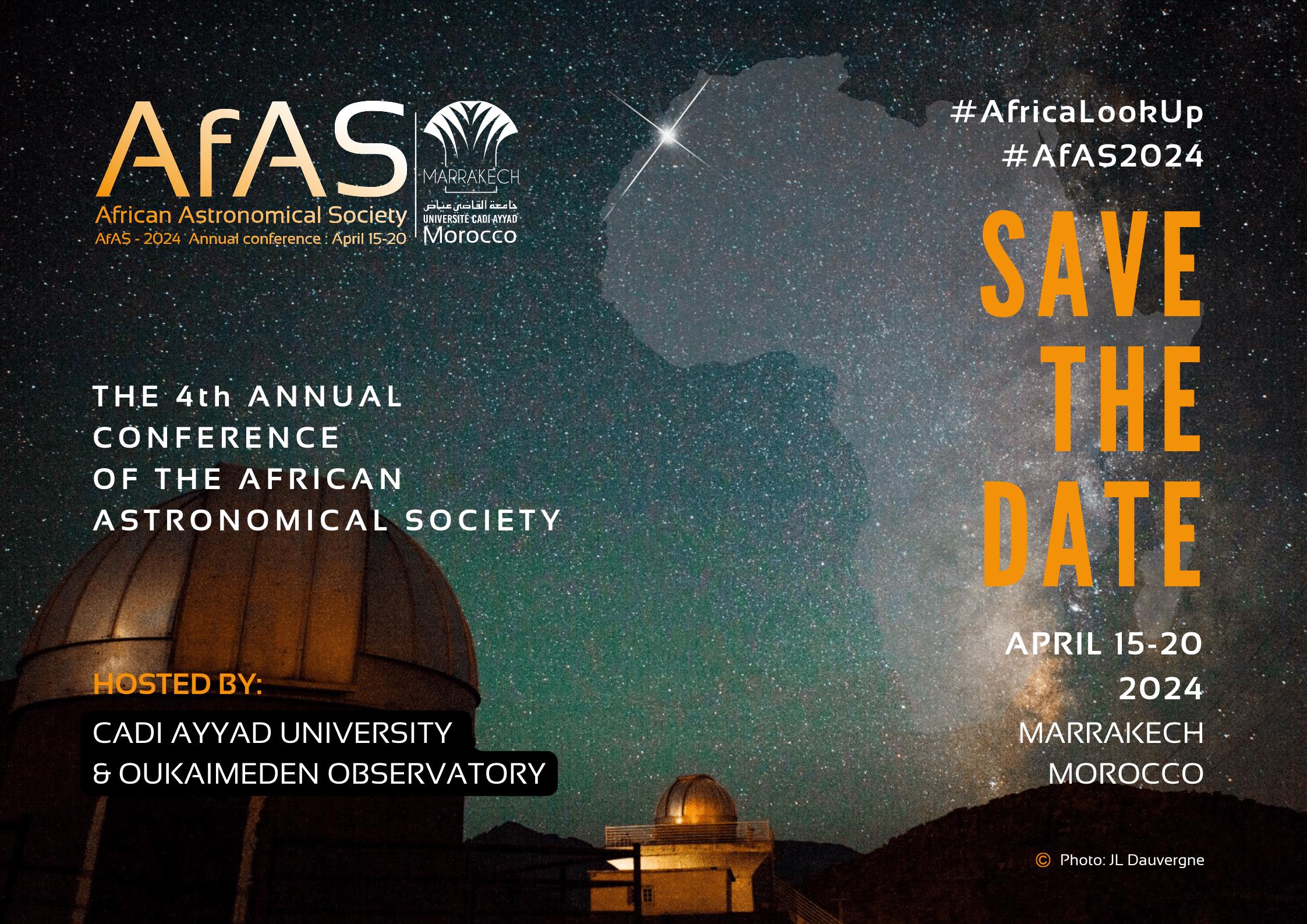

Picture yourself exploring interactive exhibits that let you touch, see, and even participate in experiments. It’s like a playground of knowledge, where you can ask questions, try things out, and truly immerse yourself in the world of science.

National Science Week (NSW) is an annual event aiming to exhibit and communicate awareness in science across South Africa by conducting science-based activities for a week. This event allows people to share enthusiasm on science and discovery. At this year’s National Science Week launch event, the Minister of Science and Innovation, Dr Blade Nzimande, delivered a speech highlighting new science projects and commended researchers for their outstanding achievements. Nzimande also proudly showcased the remarkable work carried out by talented South African youth in the STEM field.
The Minister also officially inaugurates National Science Week in different provinces. Each year’s event has a designated theme, and this year’s was the singular
subject of “science.” Within this domain, the African Science Stars honed in on “astronomy,” examining distinct facets within the realm of science. This was under the theme “Transforming lives through evidencebased science”. The theme was initiated to expose the public to the evidence-based approach of problem-solving and decisionmaking responding to the situations by using the available information that has been researched or experienced.
The African Science Stars team participated in the NSW held in the Free State’s Fezile Dabi district in the northern part of the province. This region is renowned for its varied landscapes, which encompasses agricultural zones and natural attractions. The event ran from 31 July to 5 August 2023.
Karabo Rantwane, a BSc Astronomy student from the University of Cape Town who was part of the Free State astronomy team, led an enlightening session about astronomy. With expertise and enthusiasm, he delved into the complexities of the subject and addressed any questions that may have emerged. Collaborating with the learners,
he guided them through an exploration of the galaxy, the stars, and the methods for distinguishing between galaxies and individual stars.
Meanwhile, organisations like the South African National Space Agency (SANSA) extended their initiatives to rural regions, like uMtata in the Eastern Cape. Their primary emphasis was on enlightening learners about the activities of the space agency, outlining various programmes they offer, and providing insights into space weather conditions.
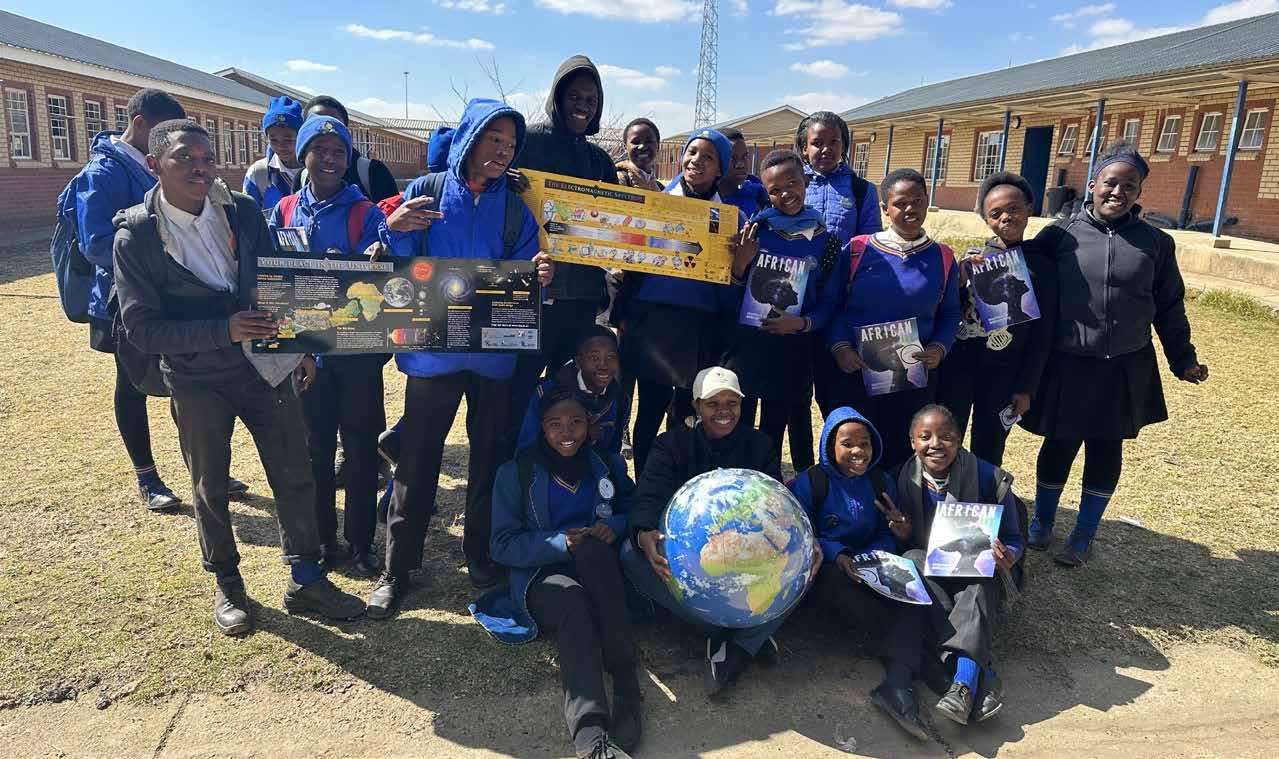
In Gauteng, the Arcelormittal Science Centre added the finishing touches to the event, featuring biotechnologist Kenneth Monjero, also known as “Dr Fun’’ globally by students. Monjero is from the Kenya Agricultural and Livestock Research Organisation. Of course, he injected an element of excitement into science, making it an enjoyable experience! Through curiosity-driven explorations and thrilling experiments, attendees were captivated by the world of science.
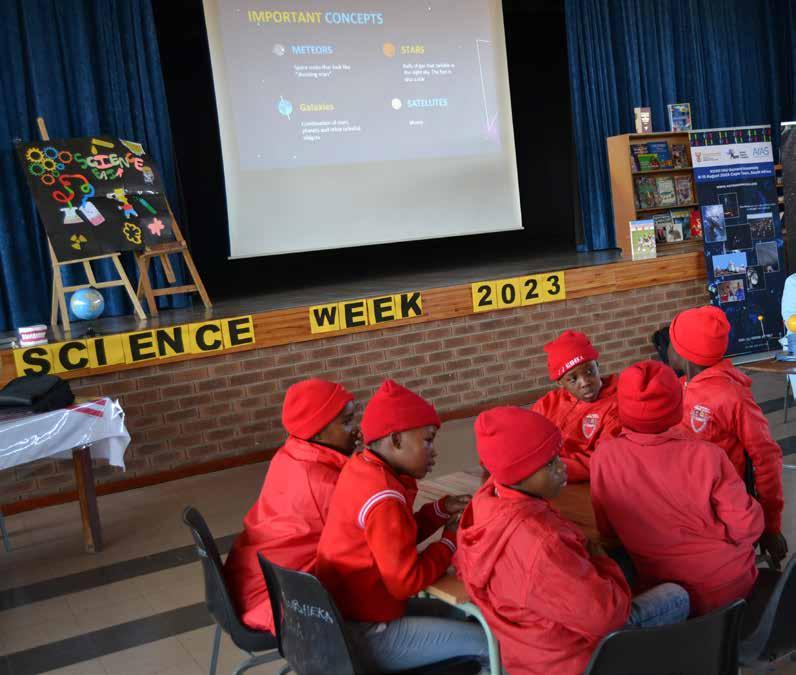

other people’s smoke.
My work is important for South Africans because if we can educate more people about these harmful products, we may be able to stop them from starting to use these products early enough and save them both from a lifetime of addiction and from transitioning to other drugs.
Do you enjoy what you do?
I enjoy doing what I’m doing because I contribute to building a healthier society. A healthy society is the bedrock of a strong nation.
Dr Catherine Egbe works in the Mental Health, Alcohol, Substance Use and Tobacco Research Unit (MASTRU) of the SAMRC and primarily focuses on tobacco control research. She is also a registered research psychologist and public health scientist. Egbe grew up in Warri, Delta State, Nigeria, and pursued a PhD in Psychology and Health Promotion at the University of KwaZuluNatal (UKZN). Currently, Egbe is a member of the Society for Research on Nicotine and Tobacco and co-chair of the Global Research Network’s education subcommittee. She chats to Science Stars.
Tell us more about your work at the SAMRC and why your role is essential for South Africans.
I do a lot of research on tobacco use in society and how this impacts health. One of my key research areas is understanding why people smoke and how they can be helped to stop smoking. In SA, among those aged 35 years and above, research has shown that over 25 000 people die annually from tobacco-related diseases. These diseases are mostly from tobacco use but can also be from exposure to
Aside from tobacco control research, I am also a supervising research psychologist helping to train the next generation of researchers in South Africa. Our unit is an HPCSA-accredited site for research psychology internships.
Tell us more about tobacco control in Africa.
Tobacco use is responsible for various types of cancers. It affects virtually every part of the human body and negatively impacts the environment. Most of the population of Africa is made up of young people. About 90% of adults who currently smoke started smoking as teenagers. Around 40% of Africa’s population is 15 years and younger.
Knowing this, the tobacco industry and its allies are targeting Africa to aggressively market their products to get more young people in Africa addicted to nicotine and ensure their market continues to boom. Also, Africa currently has the lowest smoking prevalence globally. Still, it is projected to have the highest increase in smoking prevalence in the coming years. Africa has a fragile health system that may be unable to handle an epidemic of tobacco-related diseases if tobacco use is not curbed in the continent.
What are your views on women in STEM? We need more women in STEM. Women provide a unique perspective. The key barriers to women’s participation in STEM are societal limitations in the form of norms and traditions, which dictate things you can or cannot do. This limitation has become part of our subconscious, but once we remove that limitation from our minds, the sky becomes our stepping stone, not even our limit.
What are some of your career highlights?
There have been many, including being the first female (and only the second) African person to be accepted for a postdoctoral research fellowship at the Centre for Tobacco Control Research and Education at the University of California San Francisco. It was both humbling and rewarding. Since I started working at SAMRC, the key highlight for me has been being the lead investigator of South Africa’s first Global Adult Tobacco Survey.
Any exciting future plans you’d like to share?
I recently created my personal website and started a blog: www.catherineegbe.com/ blog. I hope to find the time to do more blogging as well as finetune the blog in the future. This way, I can communicate my science in a way that people can easily relate to and read, and hopefully, get more young (and old) people inspired about tobacco control.
Dr Wanga Zembe-Mkabile is a social scientist with a DPhil from Oxford University. She has worked on several maternal and child health research projects in the Unit at the SAMRC. Science Stars chats to her about the importance of her research and notable achievements.

What inspired you to focus your research efforts on social determinants of health, and how do you see it impacting the future of healthcare in low- and middle-income countries?
As a scholar, I have always been interested in complexity and in understanding "the causes of the causes'' because I think we not only have complex intractable challenges in low and middle-income country (LMIC) contexts, but our policy solutions are also often limited, necessarily so, because of resource constraints which do not allow for ambitious, expensive interventions.
And so, I was inspired to focus on my particular research area because I wanted to have an in-depth understanding of the child health challenges we face and whether and how popular policy instruments, such as social grants, work to improve such challenges. In doing so, I have been able to shine the light on the reality that child health and well-being depend on the mother's health and wellbeing status. Thus, my research encourages a whole-of-society approach to tackling maternal and child health challenges in LMICs.
How can more women be encouraged to pursue careers in science and research, especially in child and adolescent health? There should be adequate funding support for under- and postgraduate studies for women. We should target young women before and during tertiary education studies with career days and workshops demonstrating the vastness and diversity of the field of science and research.
We should also have junior researcher posts and internships that offer decent pay and a clear career trajectory that includes in-house Master's and PhD study support. This is because the main obstacle to entering the field of science and research for most young (black) people in South Africa is lack of study support, non-competitive pay, and, once employed, lack of career development opportunities that allow one to work and study at the same time.
Have you encountered gender-related obstacles or biases throughout your career, and if so, how have you overcome them to create lasting change through your work?
I have not encountered gender-related obstacles or biases in my career because the fields of public health and social policy seem to mainly attract females! The institution I work in is overwhelmingly female, especially at early to mid-career levels. The area where males continue to dominate is in executive management posts. What I have found difficult as a woman in the field is balancing starting a family and motherhood with career progression, which I know many of my male counterparts do not have to struggle with.
Can you share some success stories or notable achievements from your research on improving child health and well-being outcomes?
A lot of my work has been featured in national media (TV, print, and radio). During Covid-19, I was involved in a study that assessed the implementation of the social relief package. The recommendations of that study influenced policy by getting the government to extend the social relief of distress (SRD) grant to female caregivers of children in receipt of the Child Support Grant, who had been excluded in the initial implementation of the grant.
A message for Science Stars readers: “Young [black] woman, your dreams are valid.”
After matriculating, Unarine Matodzi enrolled at the University of Venda, earning a biochemistry and microbiology degree. The 28-year-old from Venda is now registered at the University of Pretoria for a PhD in bioinformatics and medical microbiology. She chats to Science Stars about her research on tuberculosis (TB) drug resistance, diagnosis, and treatment.

What is the primary focus of your research at the SAMRC?
My research addresses drug resistance, diagnosis, and treatment of Mycobacterium TB (TB is caused by a bacterium called Mycobacterium tuberculosis). The ultimate objective is to contribute to the worldwide effort, aligned with the World Health Organization's (WHO) goals, in eradicating TB. Our research also strives to shed light on the underlying causes of TB to minimise outbreaks and fatalities associated with the disease.
How does your research contribute to improving public health and medical challenges?
Interfering with Mycobacterium TB drug resistance and curbing the spread of aggressive strains could yield economic benefits for SA and the global community. Successful TB treatment and a decreased disease burden could lead to reduced diagnosis and medical intervention costs. Additionally, our objective is to provide insights that contribute to lowering the mortality rate and alleviating the overall burden of TB.
What about recent breakthroughs in your research?
We have exciting results that will soon be made public! It includes the implementation of a bioinformatics tool, which will provide fast diagnosis and detecting drug resistance in TB cases. This tool holds the potential for tailoring personalised treatment strategies for individual patients.
Any exciting collaborations or interdisciplinary efforts that have aided your research?
We'vee partnered with diverse institutions and universities, including collaborations with BRICS countries, such as Russia and China. These partnerships have provided valuable insights into comprehending my Master's project. We've also collaborated with various labs, including the National Health Laboratory Service (NHLS) Tshwane Academic Division and the National Institute of Communicable Diseases (NICD) Centre for Tuberculosis, as well as universities like the University of Pretoria, Stellenbosch University, and Sefako Makgatho Health Sciences University. These partnerships have been instrumental in broadening my understanding and expertise.
What challenges have you encountered in your research, and how have you overcome them?
Juggling my personal life and research commitments. Being situated in Pretoria while my family is in Venda has reduced quality time with them. Although I consistently outline a timeline for executing our lab experiments and set expectations for completion, things don't always progress
as planned, particularly when dealing with Mycobacterium TB samples, as the nature of these samples necessitates weeks to months for the completion of a single experiment.
I also have to face mental well-being challenges and intermittent depression arising from academics, poor performance, things not going according to plan, and the pressure of measuring one's accomplishments against those of my peers.
I place my faith in self-introspection and confiding in my mother when I grapple with mental challenges. I also proactively schedule and incorporate short study breaks into my routine when overwhelmed, and allocate time for relaxation and engaging in enjoyable pursuits alongside my academic tasks.
Are there specific areas of research or projects you want to explore down the line?
I'm interested in delving deeper into artificial intelligence research to address the difficulties encountered within our laboratory settings.
Any advice for learners aspiring to pursue a career in scientific research, especially in medical research?
Achievement starts by having faith in your abilities and understanding your objectives. The path forward won't always be effortless, as challenges will arise. However, maintaining resilience will enable you to pursue and attain your aspirations.
Do you love astronomy? Are you fascinated by telescopes? If so, then this competition is for you! All you have to do is write to us, in no more than 500 words, about the history of telescopes in South Africa. You can write about a famous historical telescope, its impact on astronomy, and any significant discoveries made using it.
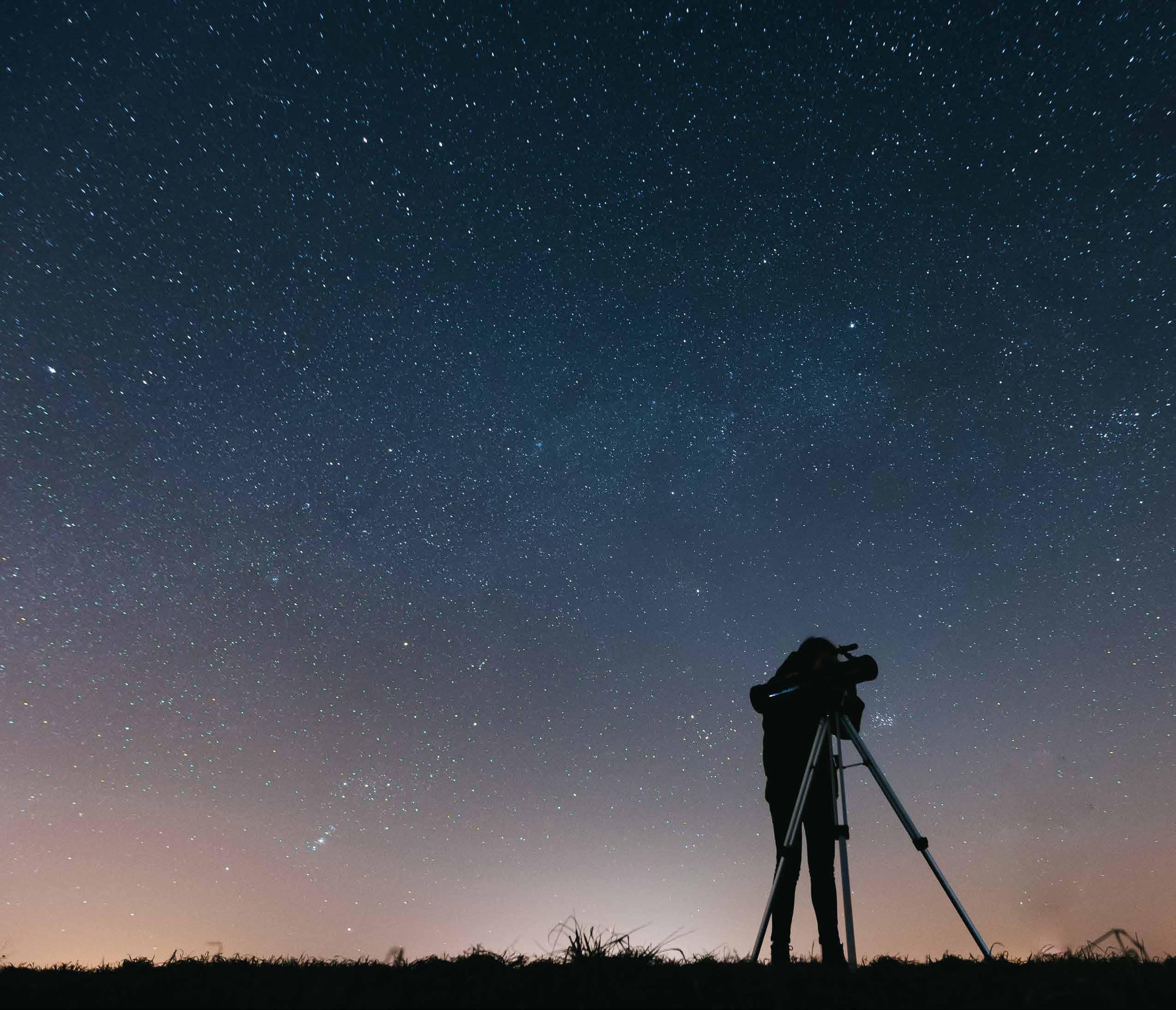
Your entry should include a bit about yourself, where you are from, and your age.
Email your entry to info@sciencestars.co.za
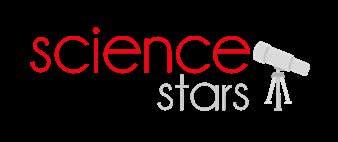
For additional entries, like and follow our Facebook and Instagram pages @sciencestarsmagazine
The competition ends on 31 October 2023 and the winner will be contacted via email. Terms and Conditions Apply.
What was your score for the Innovation Issue?

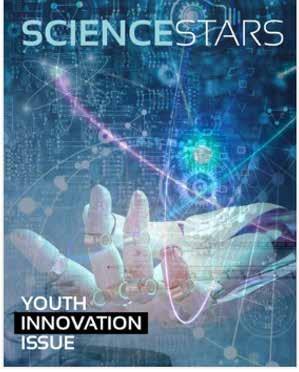
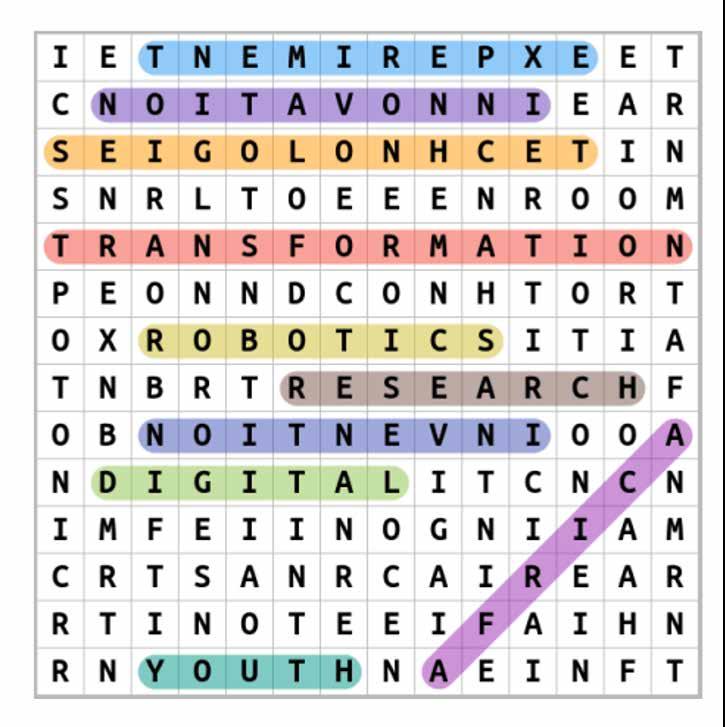


Applying to study at a university or TVET (Technical and Vocational Education and Training) college in South Africa involves several steps. Remember, if you are fresh from high school, you will be applying for an undergraduate course.
Here's a general guide to help you through the application process:
1. Choose your subject
Start by selecting the subject you want to study at university. Consider your passions, interests, and future career goals.
2. Research and decide
Explore the universities in South Africa that offer the subject you're interested in. Read reviews, assess benefits, and gather information to make informed decisions.
3. Understand the entry requirements.
• Research the specific entry requirements for the university you want to apply to. Each university might have different criteria, so make a comprehensive list for yourself.
• Use the UniApplyForMe (apply.org.za) website to count your Admission Point Score (APS). They will do the calculations for you; all you'll need to do is fill in the correct exam code.
4. Start early
Begin the application process about a year in advance to collect all necessary information and documents.
5. Check the application opening dates
Applications for South African universities usually open between April and July. Different universities and faculties might have varied application dates, including those for international and local students.
6. Gather necessary documents
Prepare the required documents for your application, which may include:
• Completed application forms
• Certified copies of your ID/passport
• Certified copies of your parents' ID/ passports
• Exam results (Grade 11 and mid-year matric exams)
• Proof of residence and a recent payslip of your guardian
• Proof of application fee payment (if applicable)
• For international applicants, additional documents may be required, such as diplomas, transcripts, photographs, passport copies, CV, motivation letter, health insurance, and vaccination certificates.
7. Submit your application
Most universities offer online application processes. Apply and submit documents online through their official websites. Some universities still require physical copies, so ensure you follow their guidelines.
8. International students
For international applicants, consult the nearest South African Embassy or Consulate for guidance on required documents and application procedures.
9. Be mindful of deadlines
Remain aware of the application deadlines. Start early, double-check your applications, and keep track of deadlines using official university resources.
10. Apply for funding
Apply for funding such as NSFAS (National Student Financial Aid Scheme), bursaries, and scholarships along with your university application. Funding deadlines may be earlier, so plan accordingly.
11. Monitor application progress
Stay updated on your application's progress, and be prepared to make corrections or resubmit if necessary.
Applying to a South African university becomes manageable once you understand your chosen subject, the process, and the requirements. Good luck!
The universities listed below provide various career opportunities for selection, each having distinct admission criteria. To find the right university for you, visit their websites and compare their programmes and requirements.
University of Cape Town
Tel: +27 21 650 2105/6
Website: www.uct.ac.za
University of Fort Hare
Tel: +27 40 653 2312
Website: www.ufh.ac.za
University of the Free State
Tel :+27 51 401 2114
Website: www.ufs.ac.za
University of Johannesburg
Tel: +27 11 559 4555
Email: myfuture@uj.ac.za
Website: www.uj.ac.za
University of KwaZulu-Natal
Tel: +27 31 260 2227
Website: www.ukzn.ac.za
University of Limpopo
Tel: +27 15 268 2140
Website: www.ul.ac.za
University of Mpumalanga
Tel: +27 13 002 0001
Website: www.ump.ac.za
Nelson Mandela University
Tel: +27 41 504 2075
Website: www.nmmu.ac.za
North West University
Tel: +27 18 299 4897
Website: www.nwu.ac.za
University of Pretoria
Tel: 012 420 4111
Website: www.up.ac.za
Rhodes University
Tel: +27 46 603 8148
Website: www.ru.ac.za
Sefako Makgatho Health Sciences
University
Tel: +27 12 521 4111
Website www.smu.ac.za
Sol Plaatje University
Tel: +27 53 491 000
Website: www.spu.ac.za
University of South Africa
Tel: +27 12 429 3111
Website: www.unisa.ac.za
University of Stellenbosch
Tel: +27 21 808 9111
Website: www.sun.ac.za
Walter Sisulu University for Technology
Tel: +27 47 502 2200
Website: www.wsu.ac.za
University of Venda
Tel: +27 15 962 8000
Website: www.univen.ac.za
University of the Western Cape
Tel: +27 21 959 2911
Website: www.uwc.ac.za
University of the Witwatersrand
Tel: +27 11 717 1102/2050
Website: www.wits.ac.za
University of Zululand
Tel: +27 35 902 6624
Website: www.uzulu.ac.za
These universities offer practical and technical education in fields like science, engineering, and technology. They prepare students for specific careers by focusing on hands-on skills and industry relevance.
Cape Peninsula University
Tel: +27 21 460 3911
Website: www.cput.ac.za
Central University of Technology Free State
Tel: +27 51 507 3911
Website: www.cut.ac.za
Durban Institute of Technology
Tel: +27 31 204 2111
Website: www.dut.ac.za
Mangosuthu University of Technology
Tel: +27 31 907 7111
Website: www.mantec.ac.za
Tshwane University of Technology
Tel: +27 12 318 5911
Website: www.tut.ac.za
Vaal University of Technology
Tel: +27 16 950 9000
Website: www.vut.ac.za
Technical and Vocational Education and Training (TVET) encompasses an educational approach concentrated on delivering hands-on and practical skills within trades and industries. Its goal is to furnish individuals with the essential knowledge and proficiencies needed for careers in diverse technical and vocational sectors like construction, agriculture, manufacturing, and information technology.
Below are contact details and websites to connect you with a TVET College.
Boland College
Tel: 021 741 3004
Email: stel@bolandcollege.com
Website: www.bolandcollege.com
Buffalo City TVET College
Tel: 043 704 9200
Email: admin@bccollege.co.za
Website: www.bccollege.co.za
Central Johannesburg TVET College
Tel: +27 (10) 045 1063 Ext: 5003
Email: info@cjc.edu.co.za
Website: www.cjc.edu.za
Coastal KZN College
Tel: +27 31 905 7000
Email: info.coastal@kzntvet.edu.za
Website: www.coastalkzn.co.za
College of Cape Town
Tel: 021 462 2053
Website: www.cct.edu.za
East Cape Midlands College
Tel: 041 995 2000
Website: www.emcol.co.za
Elangeni TVET College
Tel: +27 (0) 31 716 6700
Email: info@elangeni.edu.za
Website: www.elangeni.edu.za
False Bay College
Tel: 021 787 0800
Website: www.falsebaycollege.co.za
King Hintsa College
Tel: +27 47 401 6400
Email: info@kinghintsacollege.edu.za
Website: www.kinghintsacollege.edu.za/ contact
Gert Sibande TVET College
Tel: 017 712 9040
Email: cnc@gscollege.edu.za
Website: www.gscollege.edu.za
Ikhala TVET College
Tel: 047 873 8800
Email: admissions@ikhala.edu.za
Website: www.ikhala.edu.za
Lovedale TVET College
Tel: 087 238 2223
Email: alice@lovedale.org.za
Website: www.lovedale.edu.za
Maluti TVET College
Tel: 058 713 6100
Website: www.malutitvet.co.za
Majuba TVET College
Tel: 034 326 4888
Website: www.majuba.edu.za
Motheo TVET College
Tel: 051 406 9300
Email: marketing@motheotvet.edu.za
Website: www.motheotvet.edu.za
Port Elizabeth TVET College
Tel: +27 41 509 6000
Website: www.pecollege.edu.za
South Cape TVET College
Email: communications@sccollege.co.za
Tel: 023 449 1140
Website: www.sccollege.co.za
Tshwane North TVET College
Tel: 012 401 1600
Email: info@tnc.edu.za
Website: www.tnc.edu.za
uMfolozi College
Tel: +27 (35) 902 9501 or 035 902 9541
Website: www.umfolozicollege.co.za
uMgungundlovu TVET College
Tel: +27 (33) 341 2100/ 2214
Email: marketing@ufetc.edu.za
Website: www.utvet.co.za
Vhembe TVET College
Tel: +27 (0) 15 963 7000
Email: info@vhembecollege.edu.za
Website: www.vhembecollege.edu.za
Vuselela TVET College
Tel: 018 406 7800
Email: info@vuselelacollege.co.za
Website: www.vuselelacollege.co.za
Waterberg College
Tel: 015 633 6772/0
Email: lebowakgomo@waterbergcollege. co.za
Website: www.waterbergcollege.co.za
West Coast College
Tel: (022) 482 1143
Email: info@westcoastcollege.co.za
Website: www.westcoastcollege.co.za
Western College for TVET
Northlink College
Email: info@northlink.co.za
Tel: 0860 065 465 or + 27 21 970 9000
Website: www.northlink.co.za
Tel: 011 692 4004/82
Email: info@westcol.co.za
Website: www.westcol.co.za
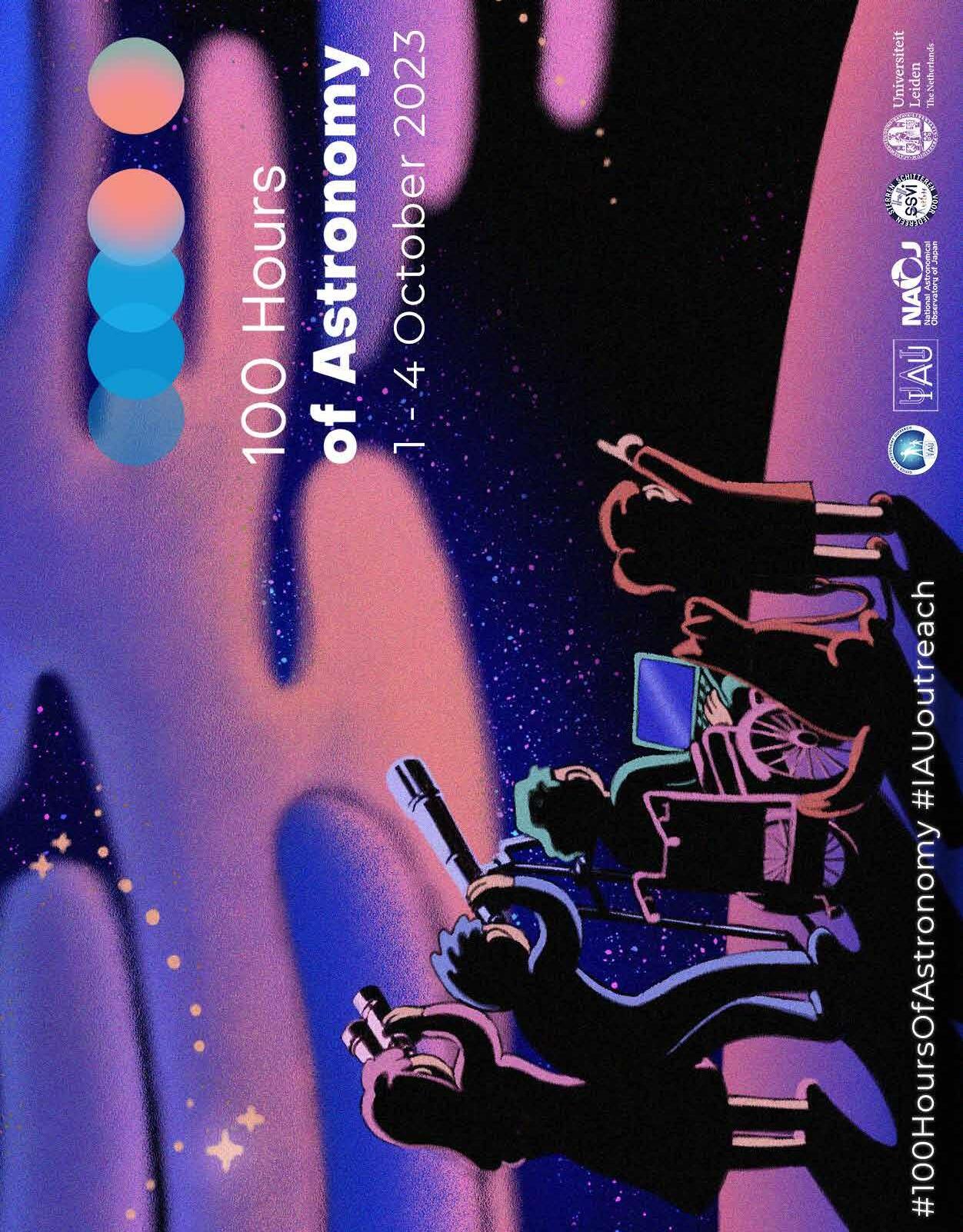
As the country marked Women's Month in August, the Department of Science and Innovation celebrated phenomenal women who are making their mark in the science, technology and innovation (STI) sector.
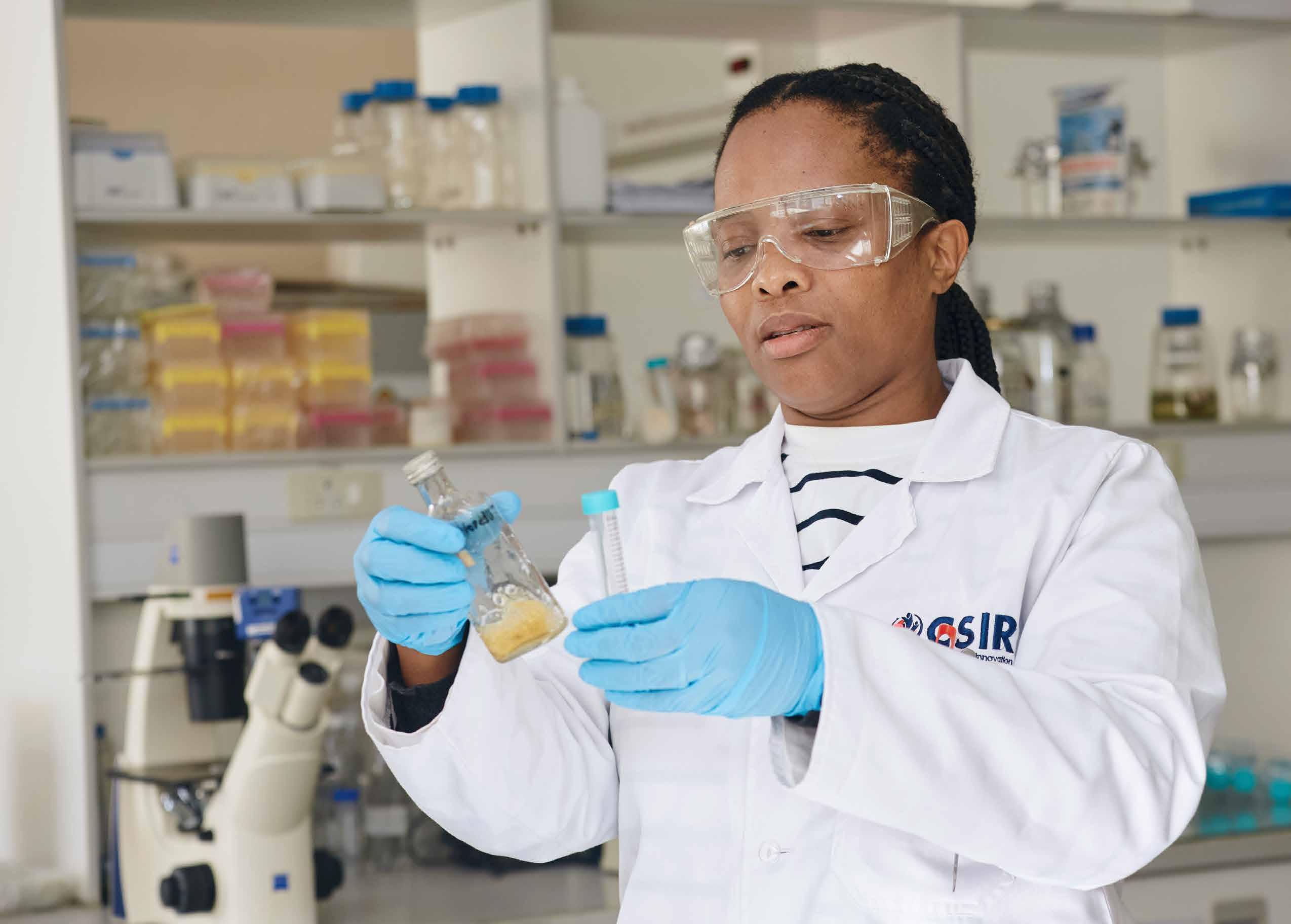
Dr Yolanda Tancu views the world from a molecular perspective, mainly thanks to her PhD in analytical chemistry from Rhodes University. She also holds an MSc in inorganic chemistry from Stellenbosch University and a BSc (Honours) in chemical sciences, majoring in chemistry and biochemistry, from the University of the Western Cape.
With this academic foundation, she works as a water scientist, studying emerging water contaminants of concern, their link to known and unknown chemicals, and how they impact water systems.
For Tancu, chemistry touches almost every aspect of mankind's existence in one way or another. "The makeup of the entire universe – including all humans and species, is determined by chemistry," she says.
Today, her research at the Council for Scientific and
In line with this year's Women's Month theme of "accelerating socio-economic opportunities for women's empowerment," Science Stars celebrates Dr Yolanda Tancu, a scientist and advocate for sustainable solutions to water problems.
Industrial Research (CSIR) involves analysing water as a resource and a source for consumption. "Chemicals may go undetected; they need to be looked for and located. Once detected, chemicals become of interest to scientists," she says.
Although Tancu is less involved in marine-related water matters, her contribution to the marine space was illuminated during the water crisis in the Western Cape when she was involved in a desalination project. The CSIR research team explored how desalination could be used as an alternative to ensure water provision.
"Desalination is an intricate process and, while the teams learned a lot in modelling experiments, the process still requires significant research," she says.
Tancu is investigating microplastics as an emerging pollutant in one of her projects. "Plastics are still mostly non-degradable, and our water bodies (marine, rivers and dams) are the sinks that capture the plastic sources. These emerging pollutants resulting from human activity lead to plastic waste in critical water sources, with further negative cascading effects," she says.
She says evidence-based research is critical to influencing decision-making for best practices for quantifying hazardous pollutants in water sources.
Emerging water pollutants are mostly man-made. "Often, when we are inventing and innovating, we forget nature. As humans, we have a responsibility to look after nature because it impacts how we live. Once the resources are less available, it will drastically affect the quality of our lives."
Tancu values the relationships she has built with the women in her team. "Everyone's diverse academic and research strengths have resulted in a powerful multidisciplinary water research team. Our clients benefit from this, but, individually, we are benefitting through our own professional
growth," she says. She feels that relationships can be beautiful when there is a sense of awareness, respect and treating one another with dignity –which she experiences first-hand at the CSIR.

When Tancu first joined the CSIR, most of her colleagues were men. It made sense, considering how labour-intensive fieldwork for research projects could be. But now, she says that women are slowly starting to make progress as water researchers. "Women are resilient and adaptable enough."
The CSIR has an impressive reputation for using water technology and research to positively change lives. Water researchers in the organisation play a leading role in being part of the change that influences water supply for future needs. This extends to working closely with the industrial and manufacturing community.
"There is a concept called 'safe-by-design'. We are advocating for industry to consider sustainable approaches in its operating environment as it relates to waste generation, be transparent about operations, and approach water experts for assistance."
Tancu says that water is a complex subject matter competing views and priorities. "Some aspects that deserve research and development investment include water tools and technologies to test the quality of water for the public; catchment monitoring for water quality and quantity; re-use of non-potable water in industry; and the relationship between organisms, soil and pollutants for maintaining the ecosystem health," she suggests.
Tancu appreciates her role in turning ideas into tangible solutions at the CSIR. "I enjoy my work the most when I hear the success stories! Being there when a project is conceptualised, implemented, completed, and generates more than the expected results is rewarding. Technology uptake brings me joy," she concludes.
Do you want to be part of South Africa’s budding talent showcased? Are you passionate about science, technology, engineering, and mathematics (STEM)? Do you want to explore exciting career opportunities in these fields? Look no further! A series of exciting events are on the horizon, aimed at empowering you and igniting your curiosity. These events promise to open doors to knowledge, foster talent, and shape the future of our nation’s leaders.
Here’s what you can expect from the upcoming events:
1. Receive access to career information: You can find out about a world of potential career paths and opportunities.
2. Receive STEM education support: These events provide a supportive environment for the learning and developing of mathematics, science, and technology skills.
3. Identify STEM Career Development: You will be equipped with the tools and insights needed to embark on a successful career in a STEM field.

4. Collaboration for sustainable impact: You may have the opportunity to partner with stakeholders and key partners to establish sustainable programmes and initiatives.
5. You can be confident that you will receive accurate and up-to-date information about study and career options!
6. Enhanced career guidance: Grant and bursary providers should intensify your career guidance initiatives.
Calling for Youth Participation: GEO Ministerial Summit and Plenary
Date: 6-10 November 2023 (Summit), First week of October 2023 (Workshop)
The Department of Science and Innovation (DSI), in collaboration with NRF-SAASTA and SANSA, invites young individuals to shape the future. You can participate in developing a Youth Declaration at the GEO Ministerial Summit. Apply by 11 August 2023.
For more details and to apply, visit www.saasta. ac.za/saasta_GEO-Cape-Town-Ministerial-Summitcall-FINAL.pdf
2024 Working World Exhibition
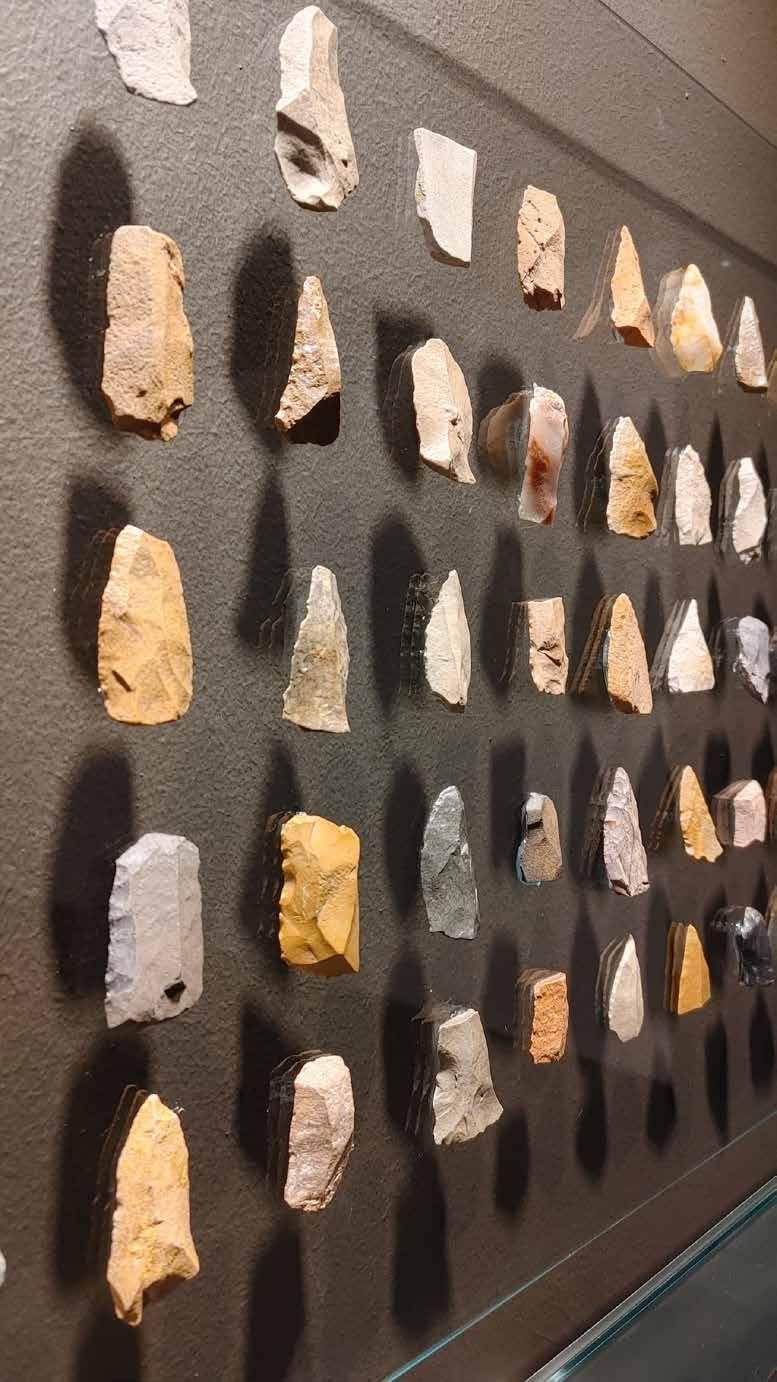
Date: 20 – 24 February 2024
Location: Feather Market Centre, Gqeberha Time: 09:00 am – 3:00 pm
Unleash the power of potential at the Working World Exhibition, where you can discover a realm of career guidance, skills shortages, bursaries, entrepreneurship, and more.
For additional information, visit: www.workingworldexpo.co.za
These upcoming science events are not just gatherings but pathways to enlightenment, empowerment, and excellence. Join us on this incredible journey of exploration and discovery!
Origins Centre is a world-class museum in Johannesburg, South Africa. The museum provides visitors with an experience of Africa’s extraordinary, rich and complex heritage, with exhibits that take visitors on a journey through the African pastcelebrating indigenous innovation, art and culture.

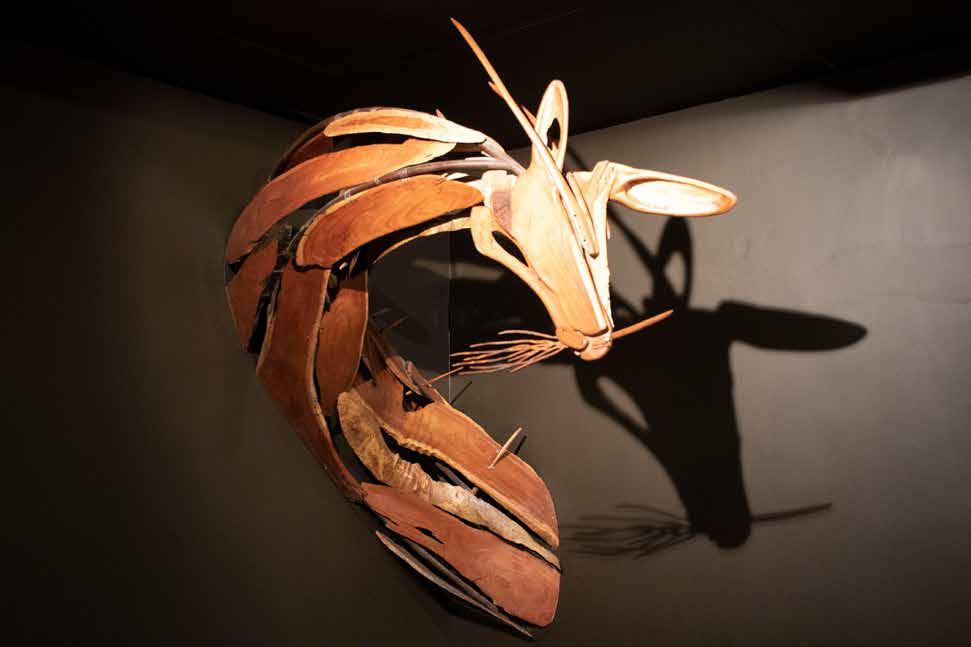
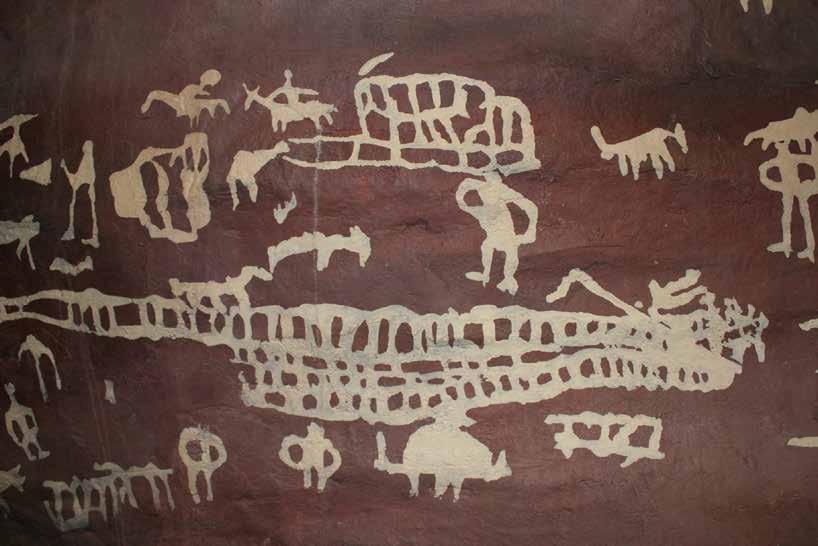
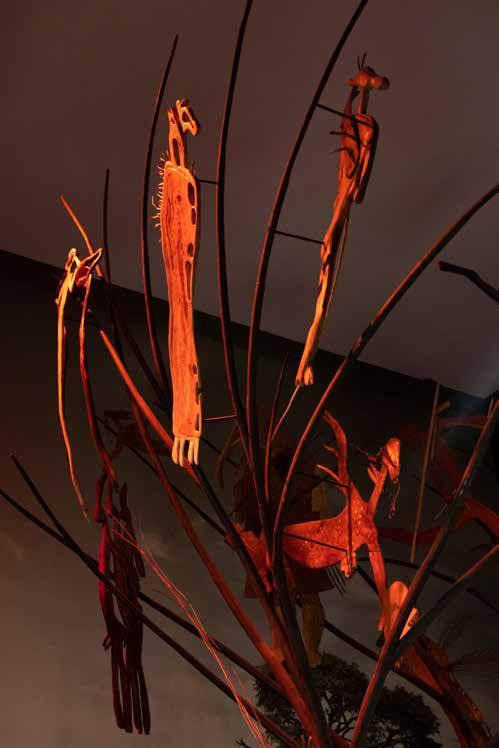
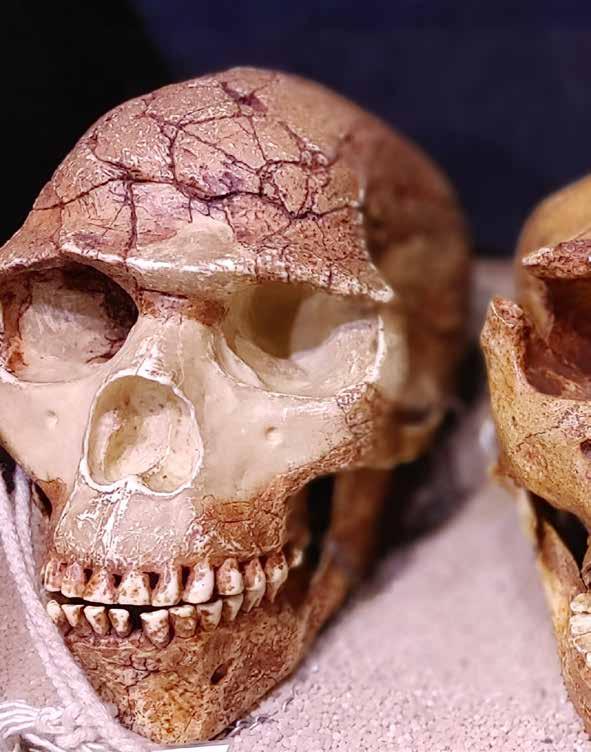

Guests can enjoy a range of offerings from temporary exhibitions, workshops and lectures to augmented reality experiences, guided tours and interactive family activities. The museum offers unique event spaces for conferences, dinners, awards ceremonies and workshops.

Follow us on Social Media



@originscentre
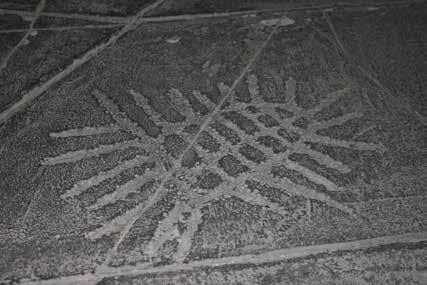

@originscentre_wits
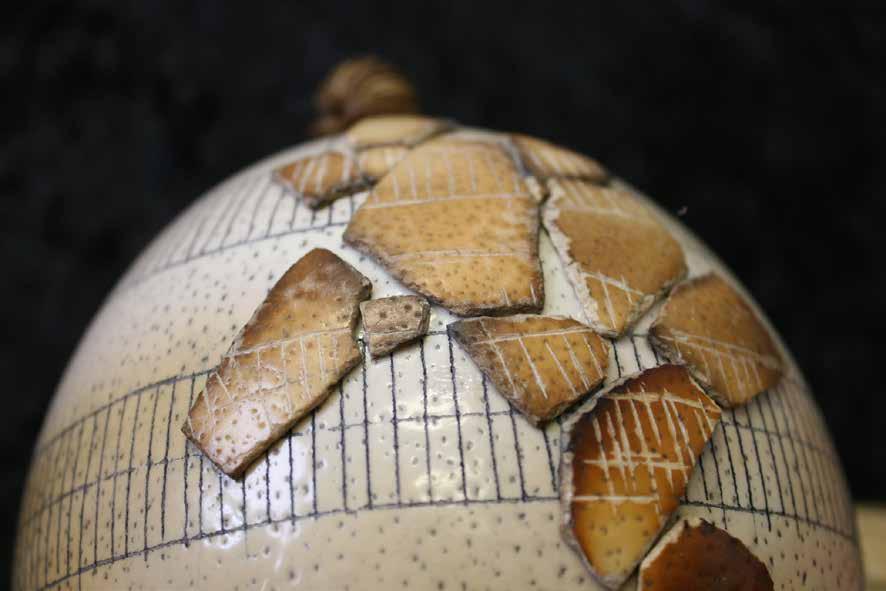
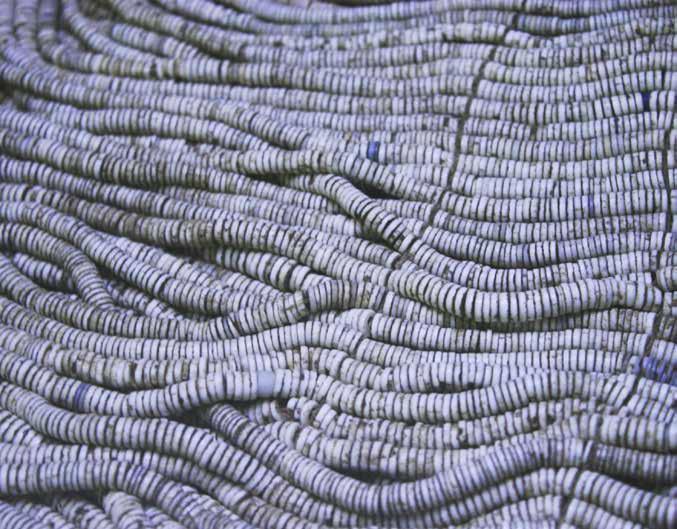
www.wits.ac.za/origins
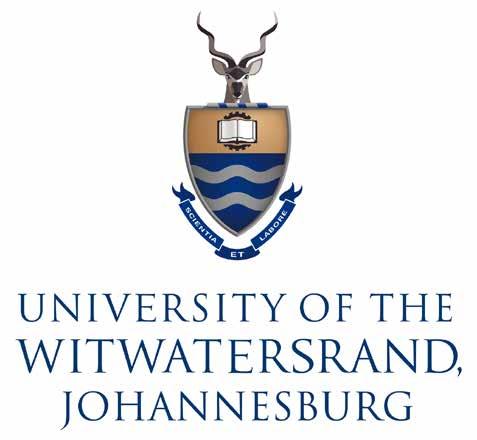
bookings.origins@wits.ac.za; +27117174700
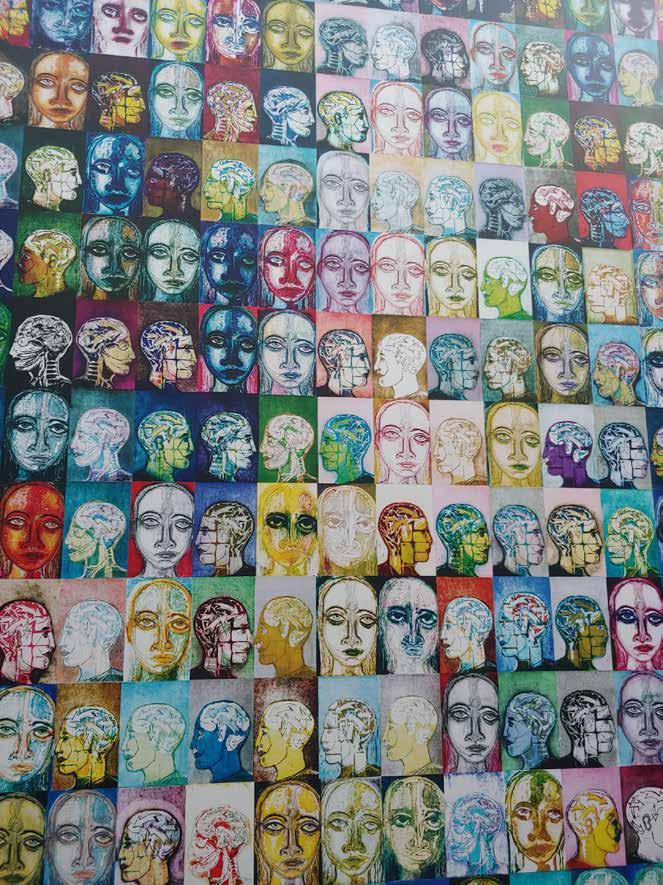
Explore Origins Centre virtually on Google Arts and Culture!
